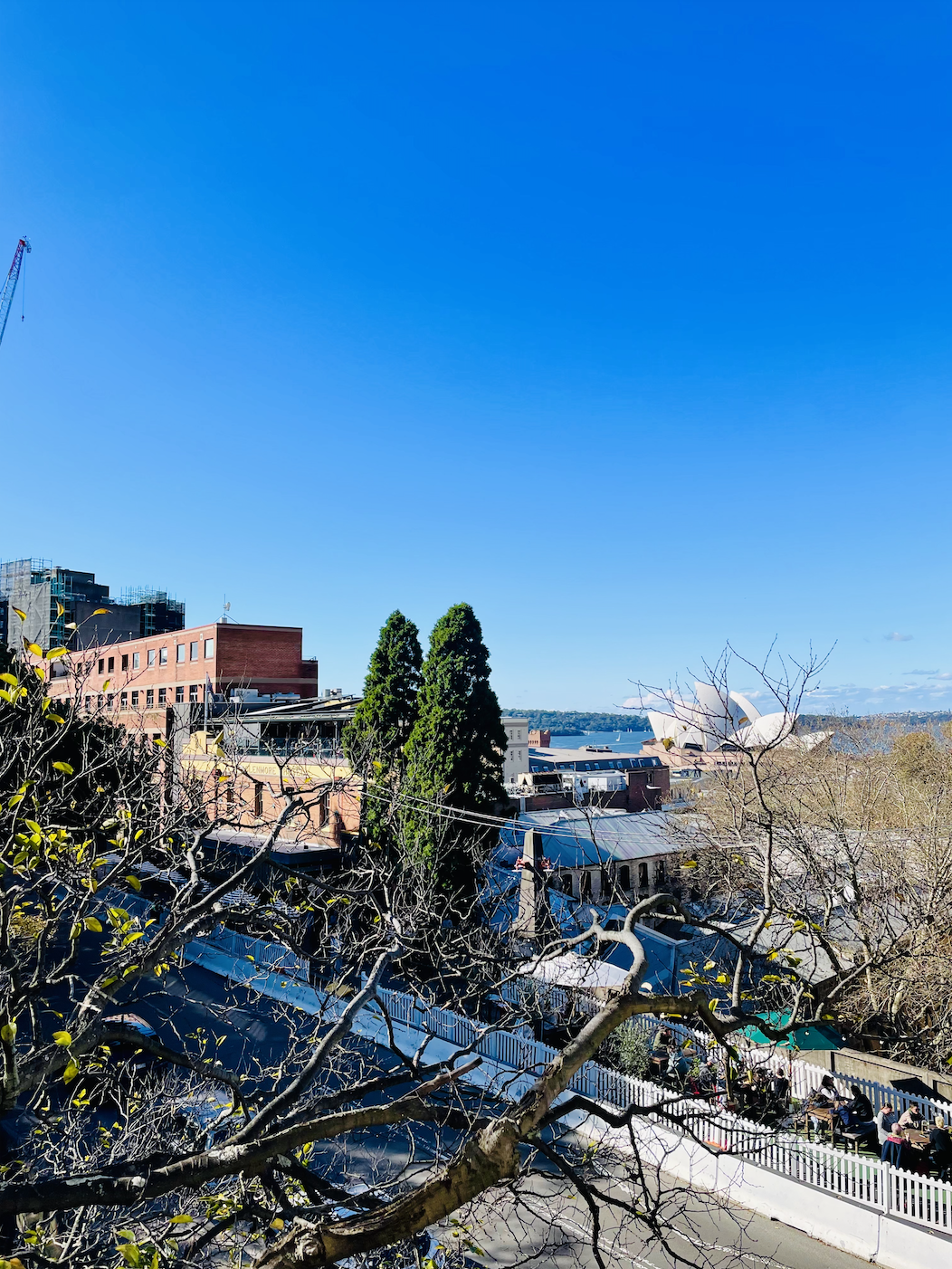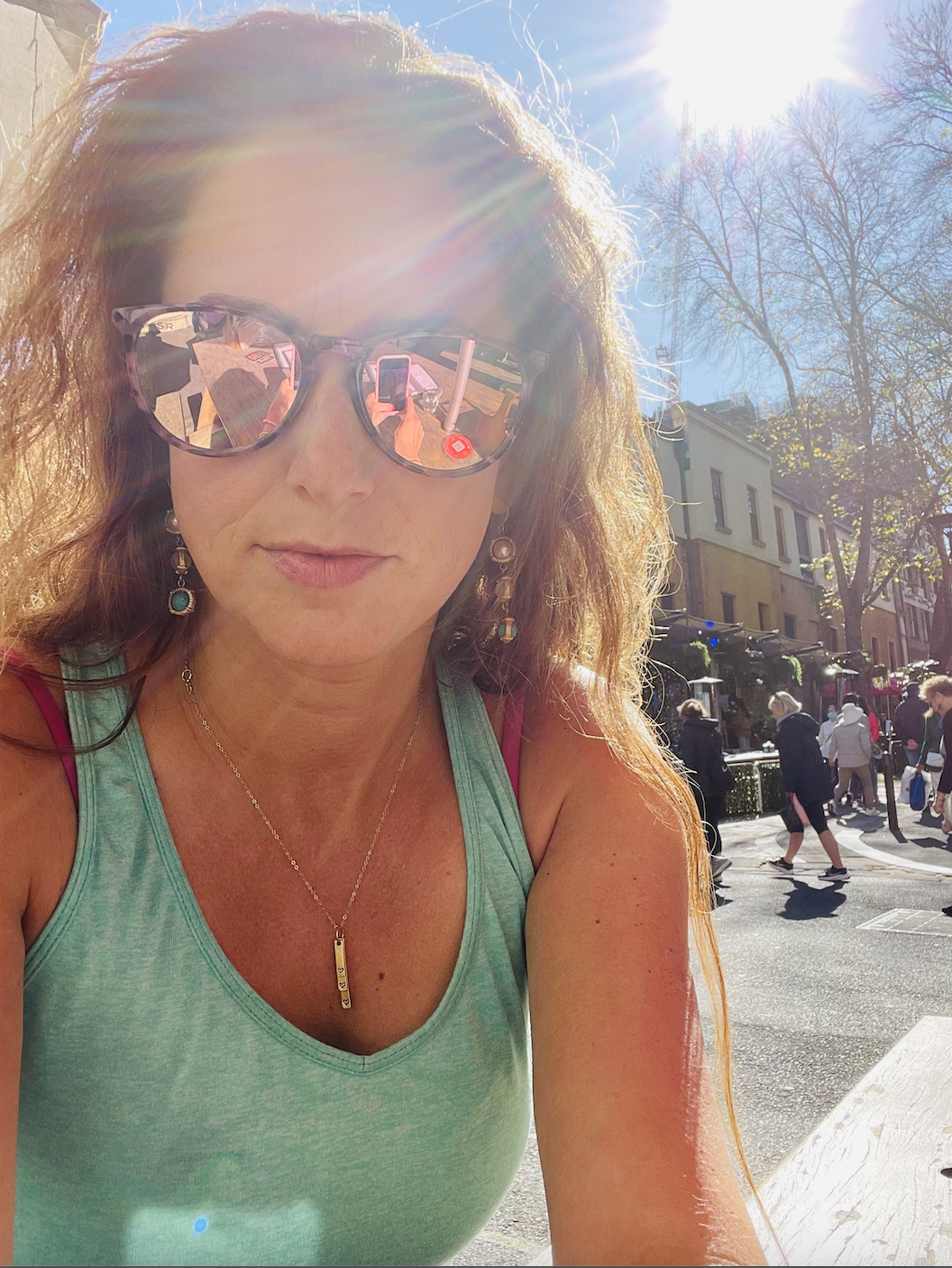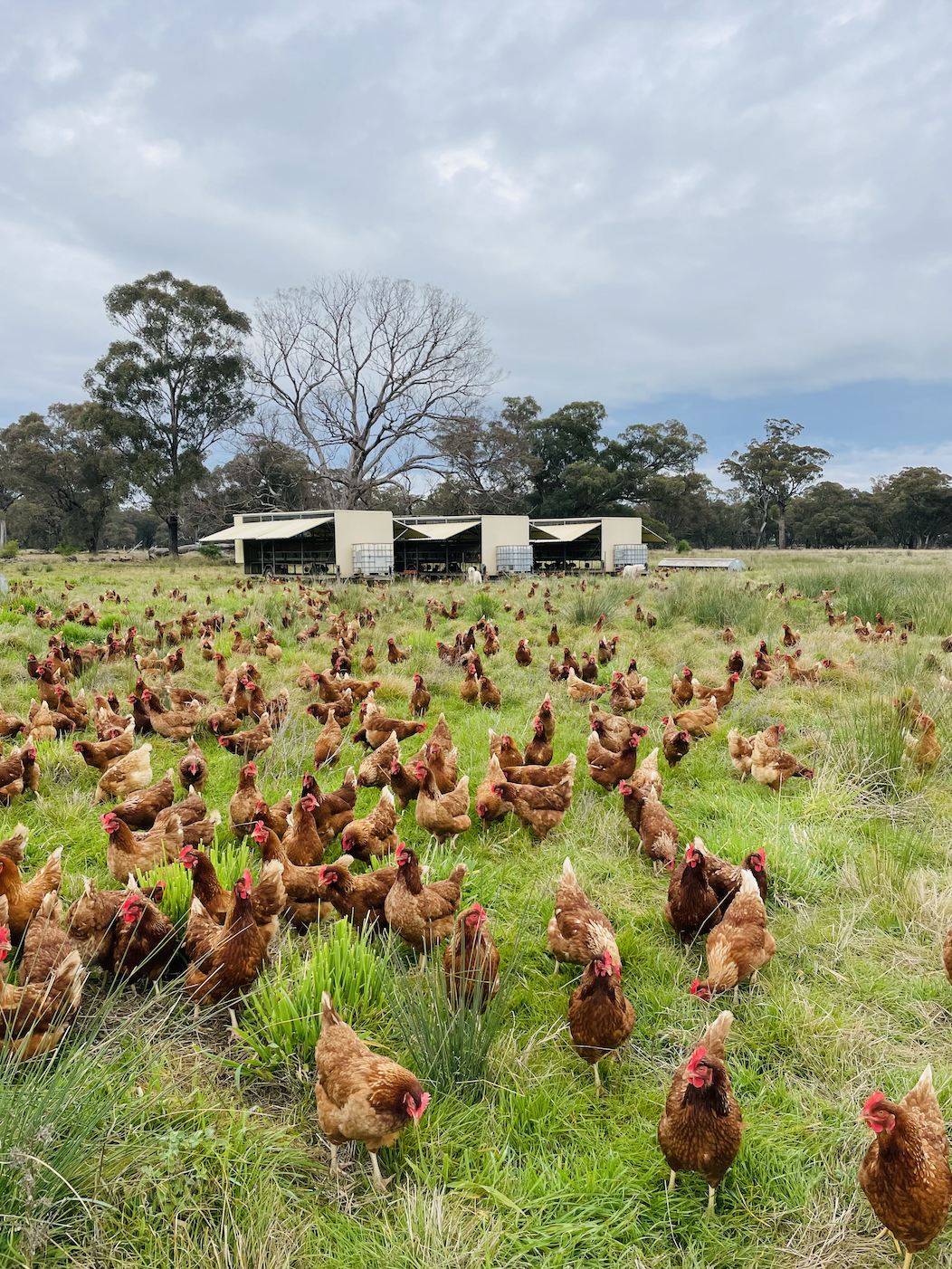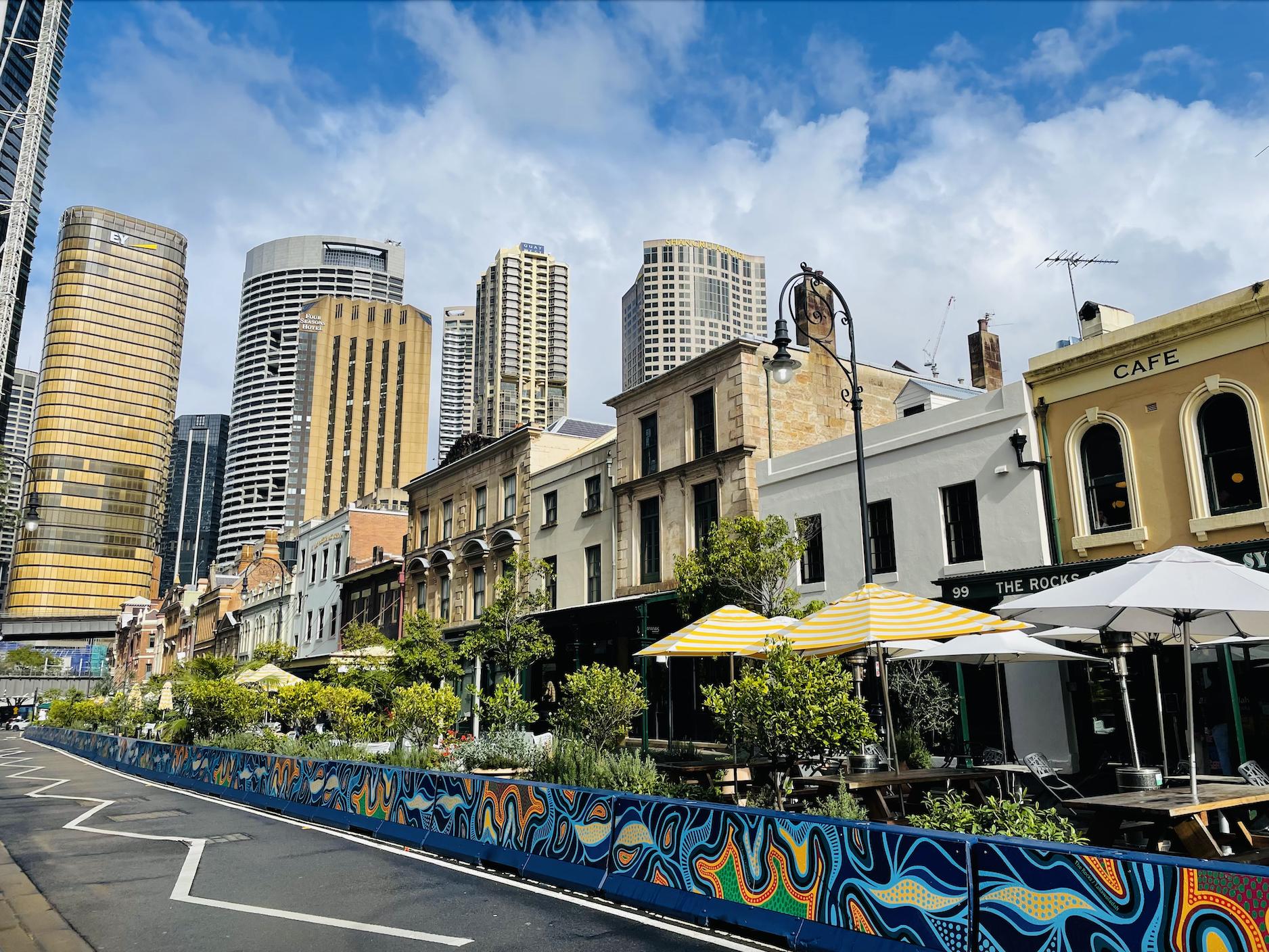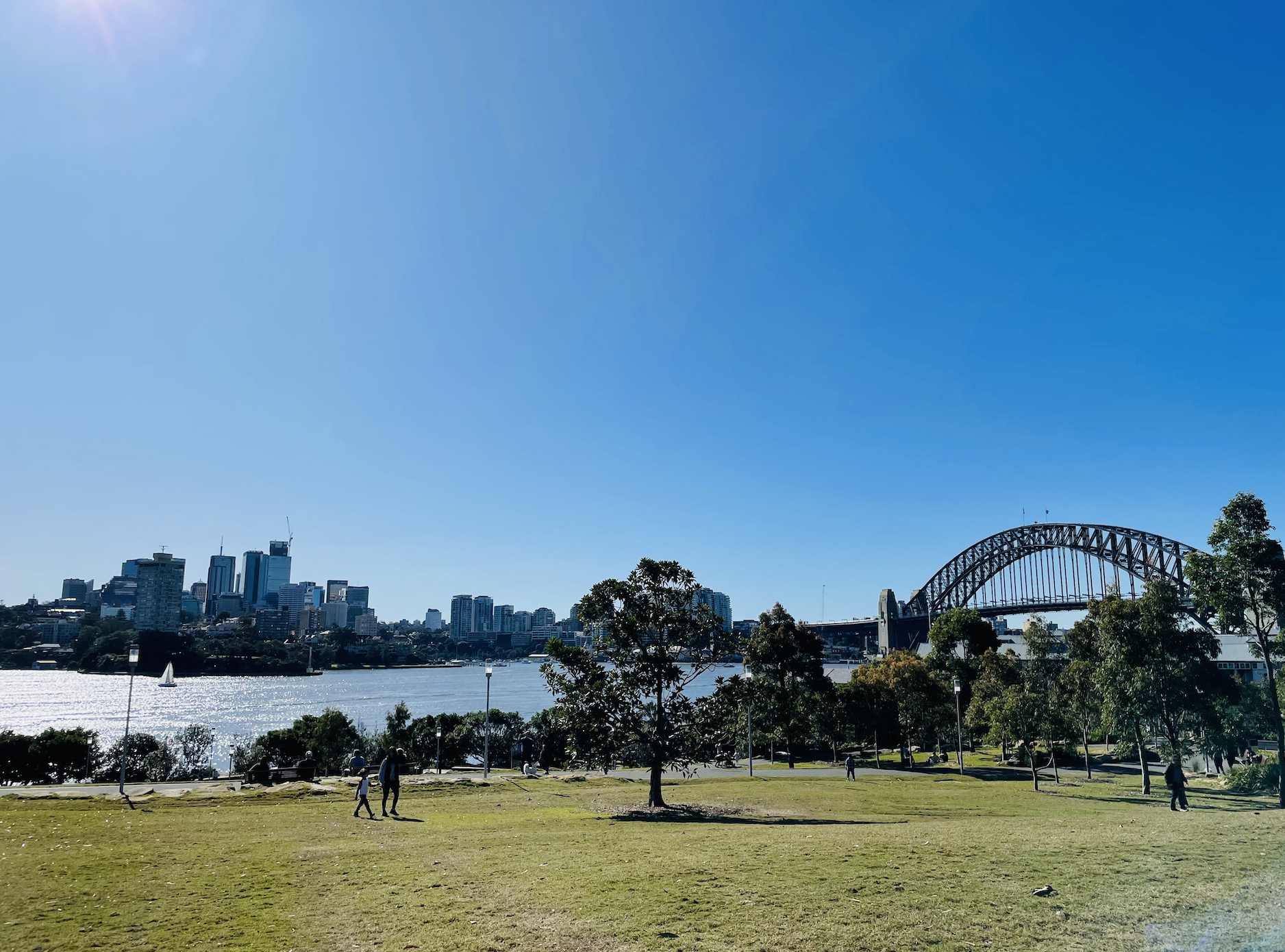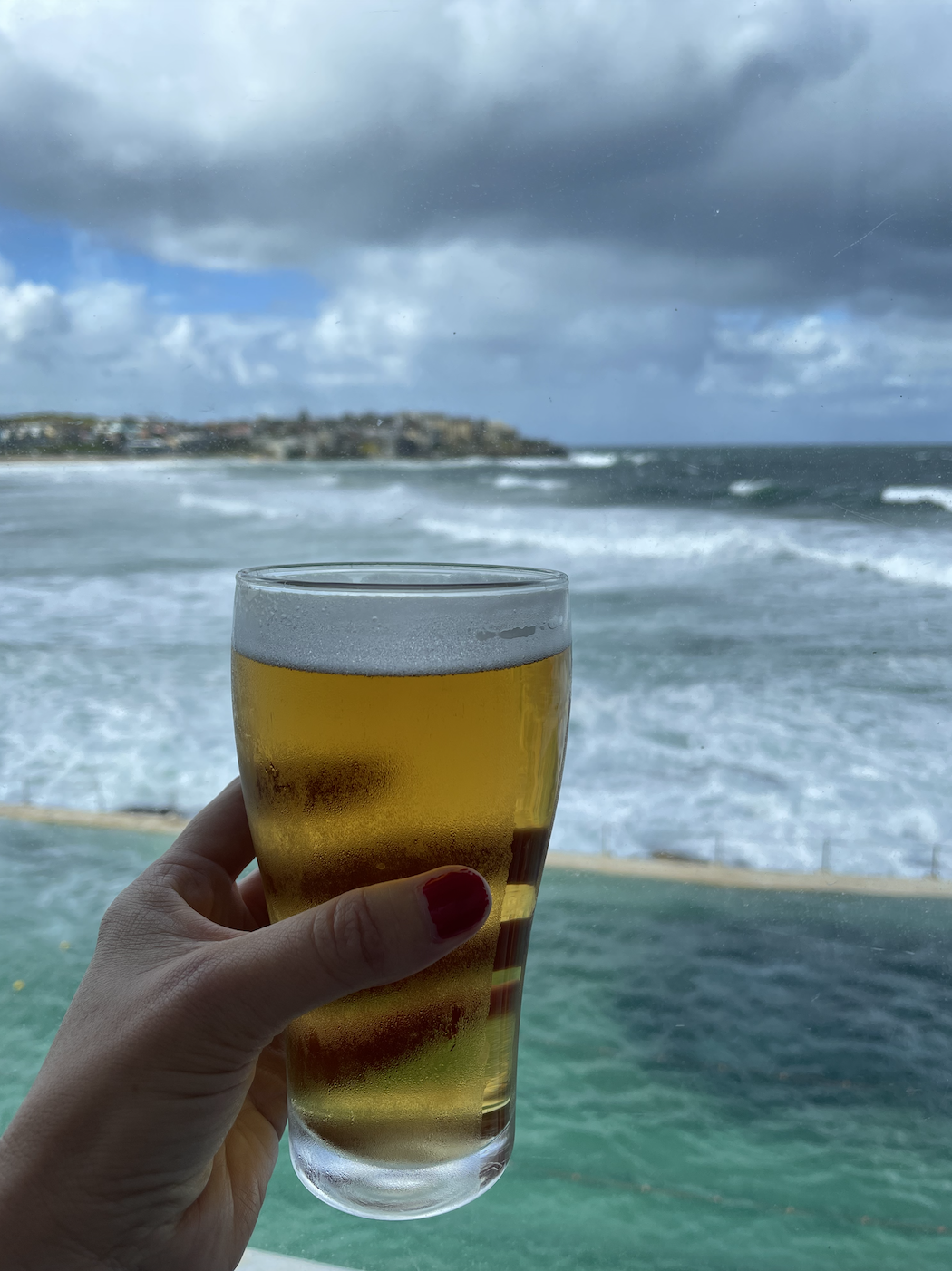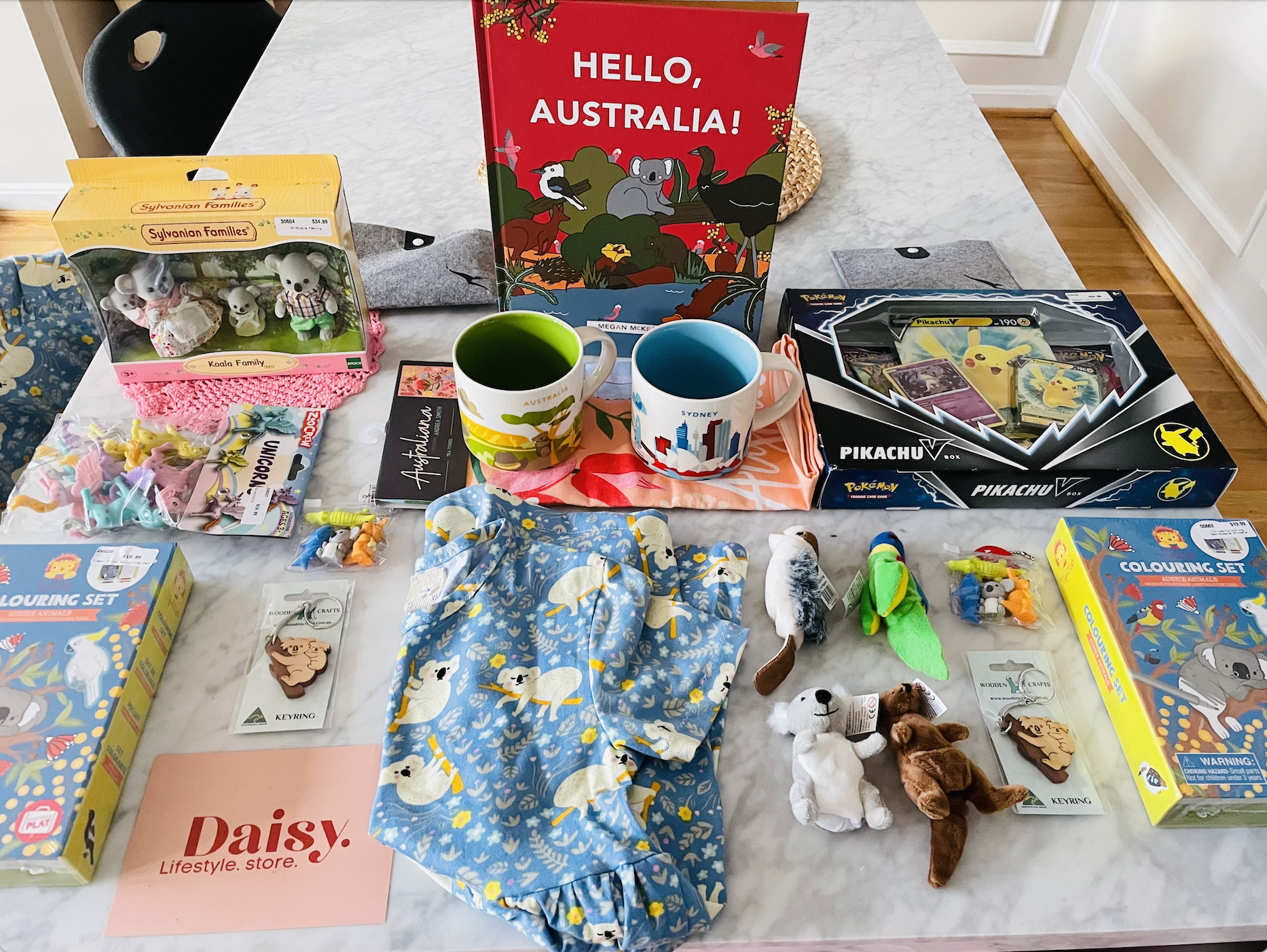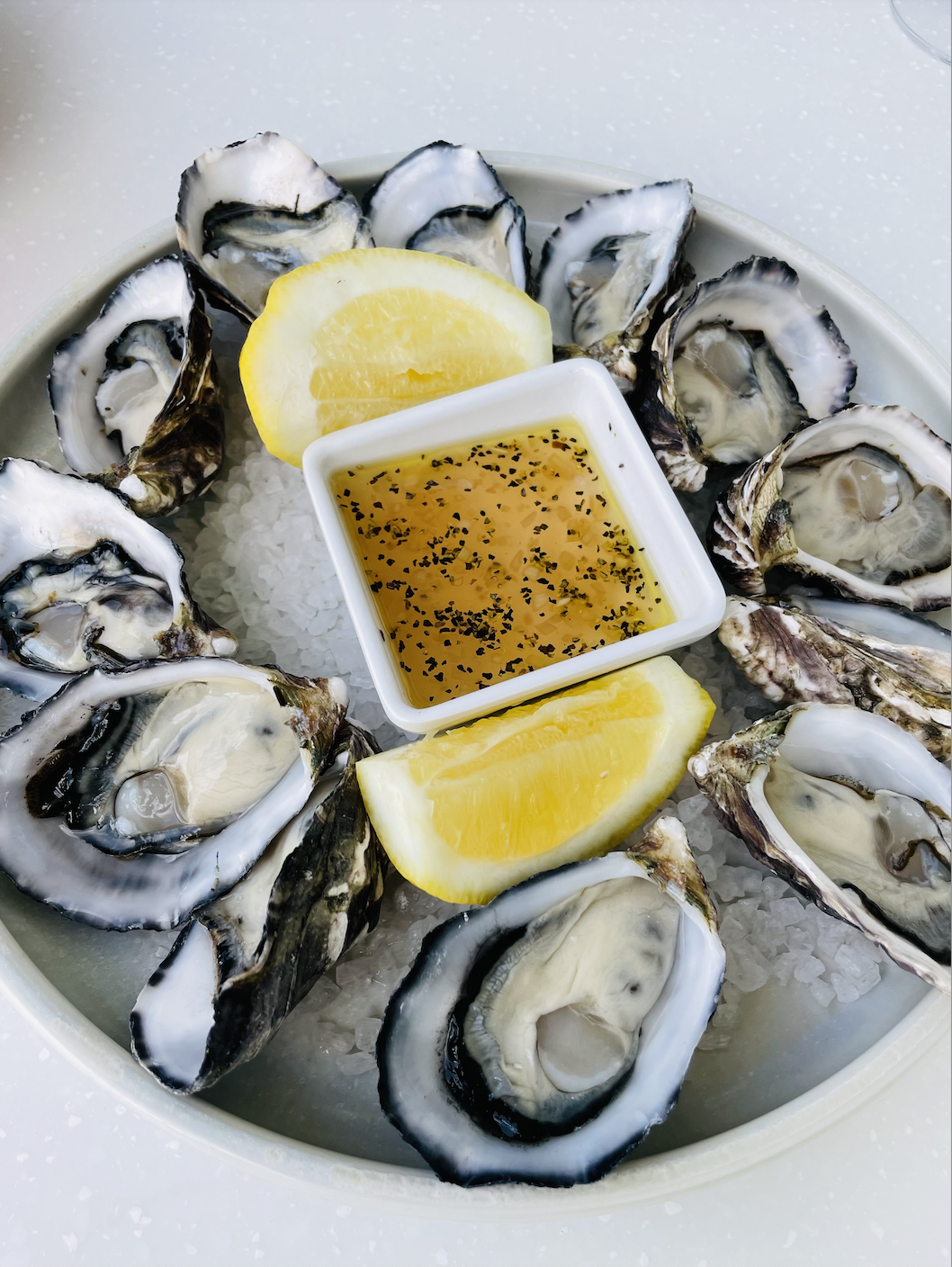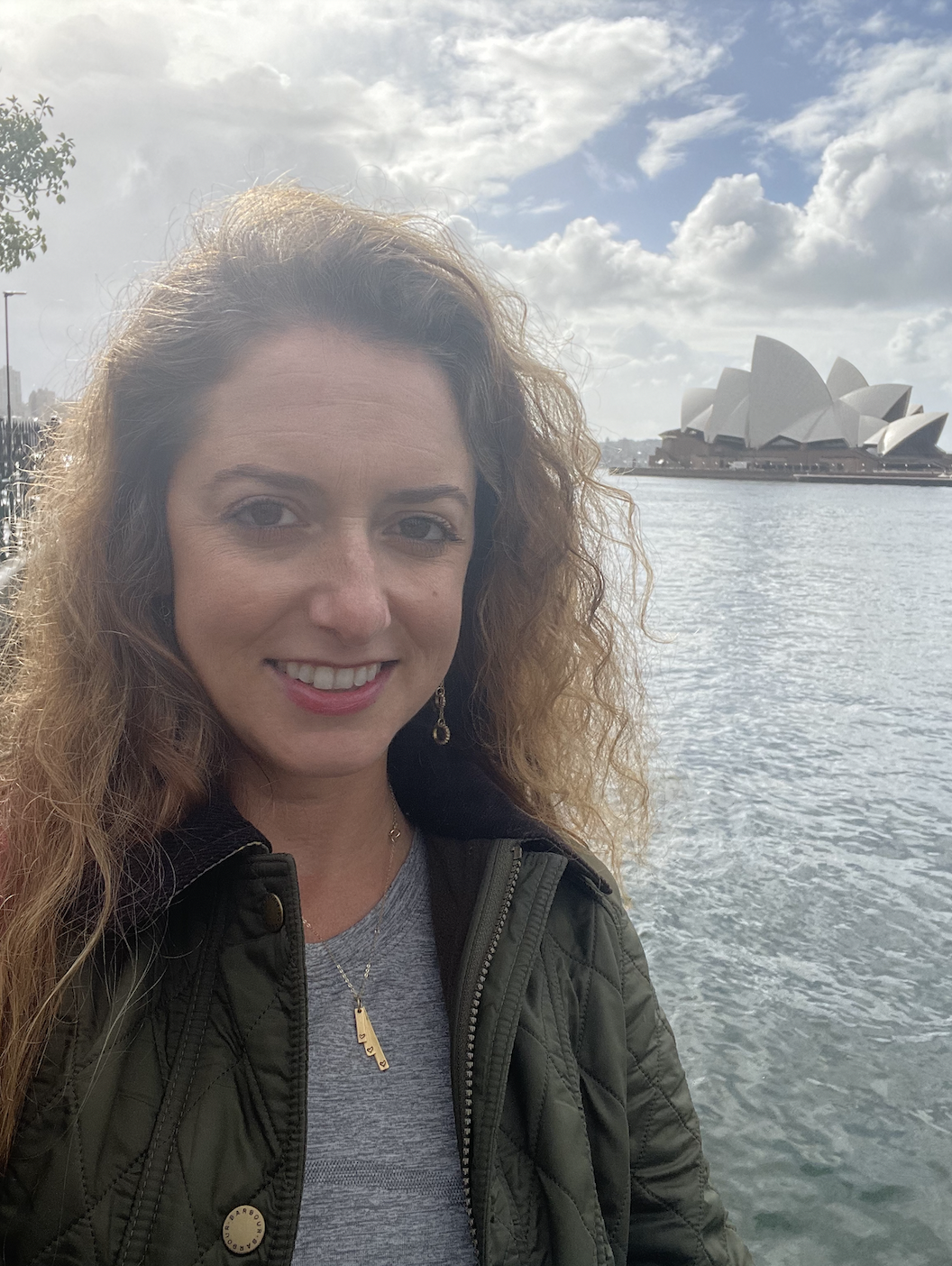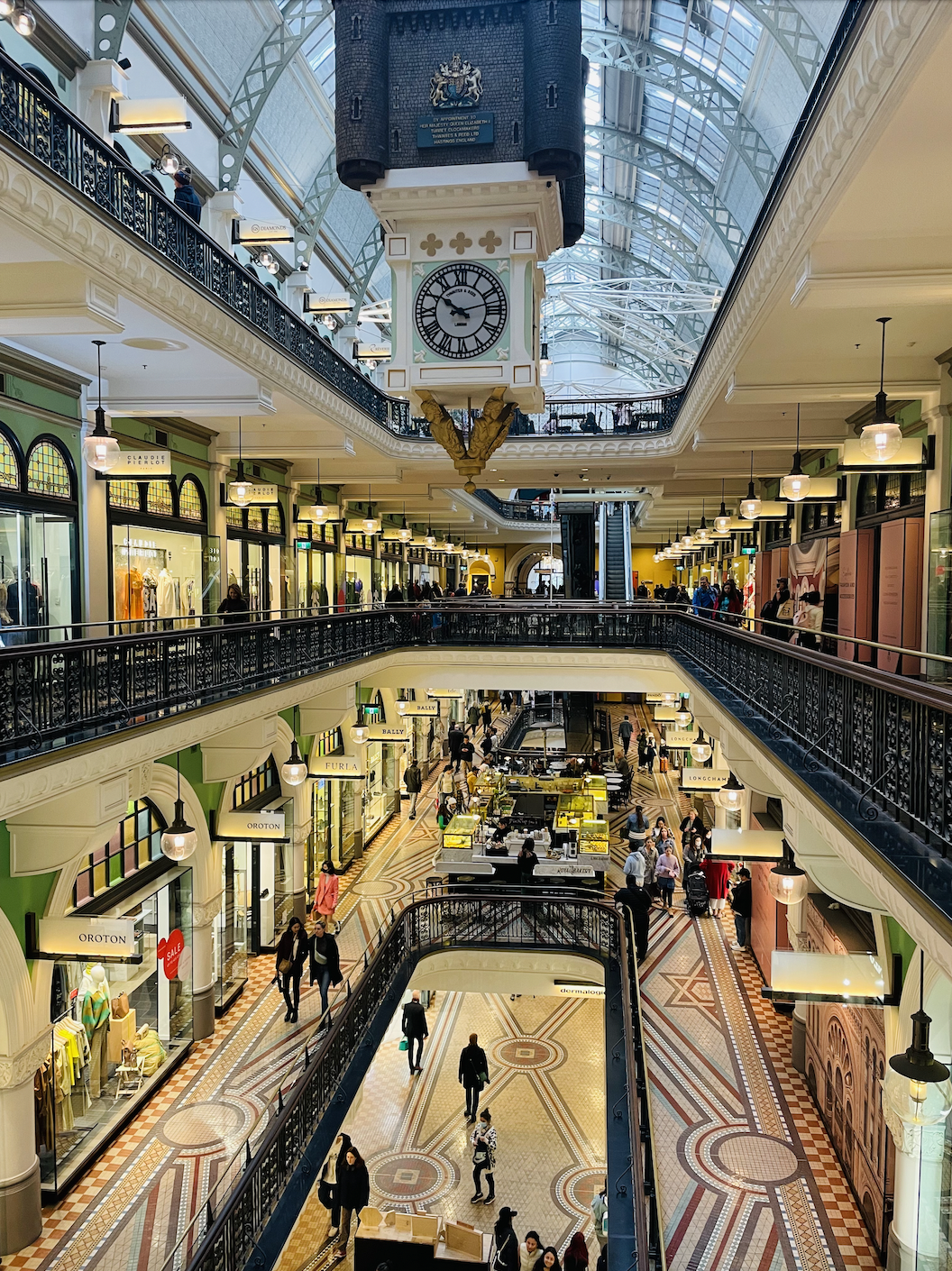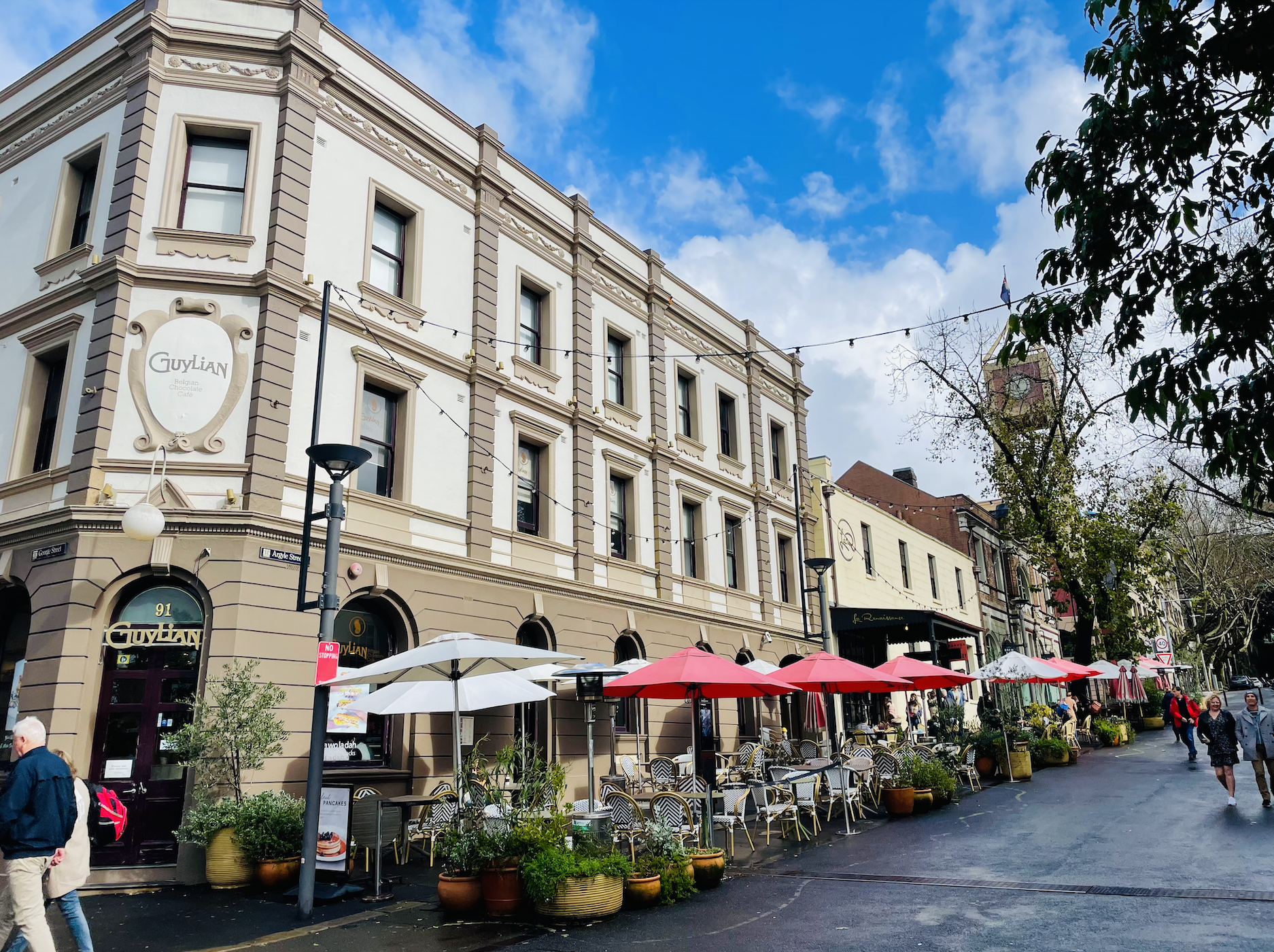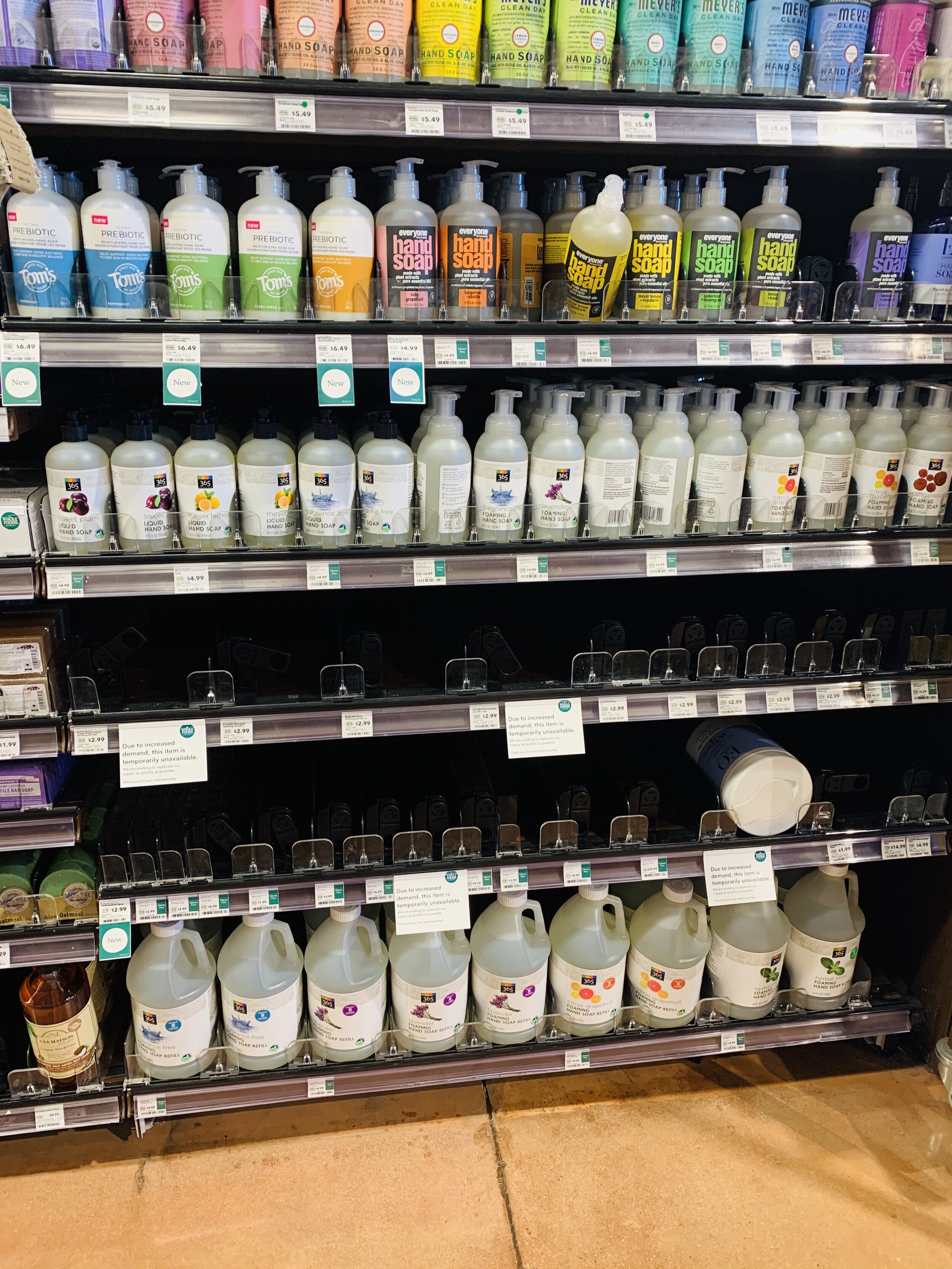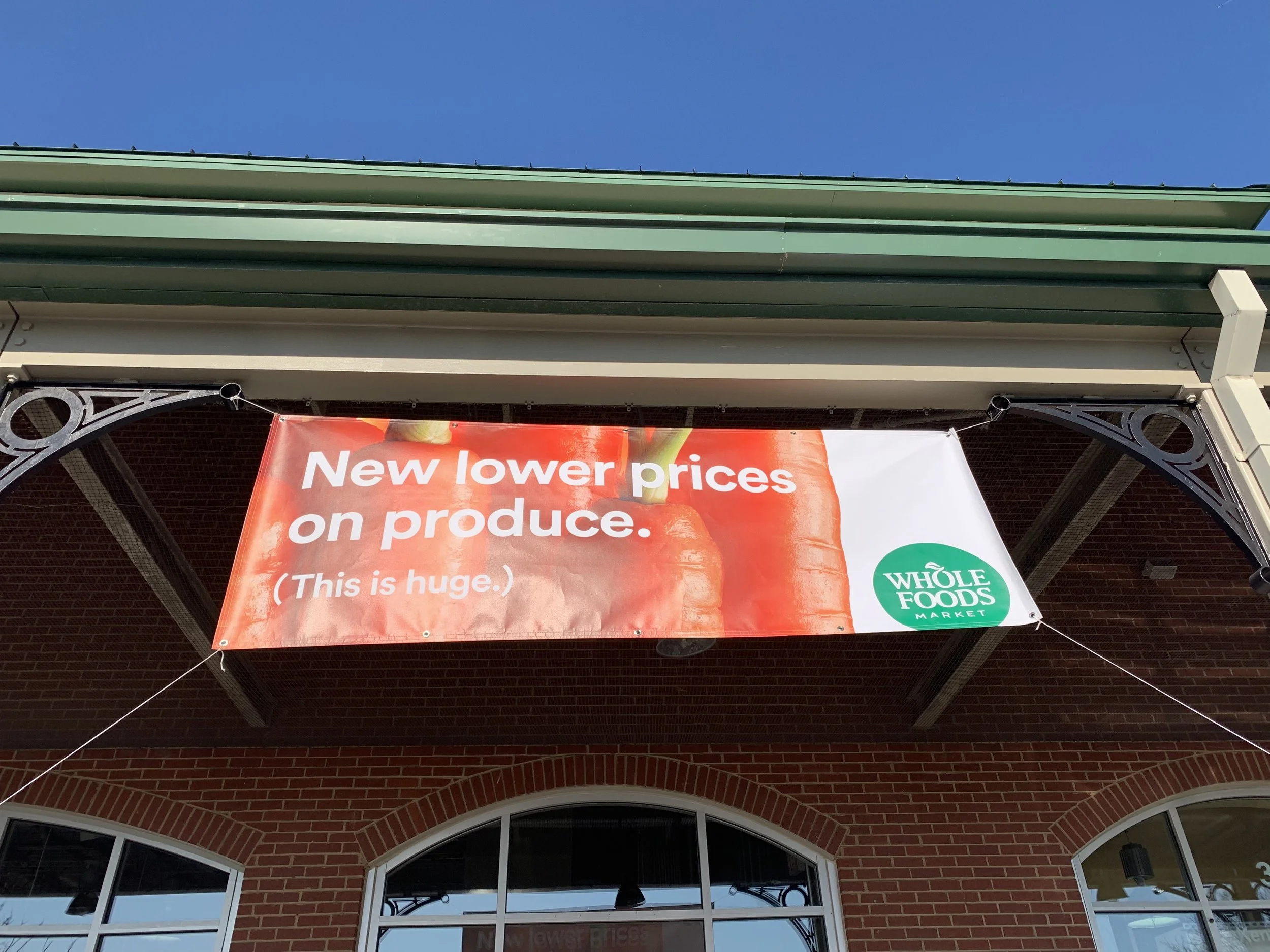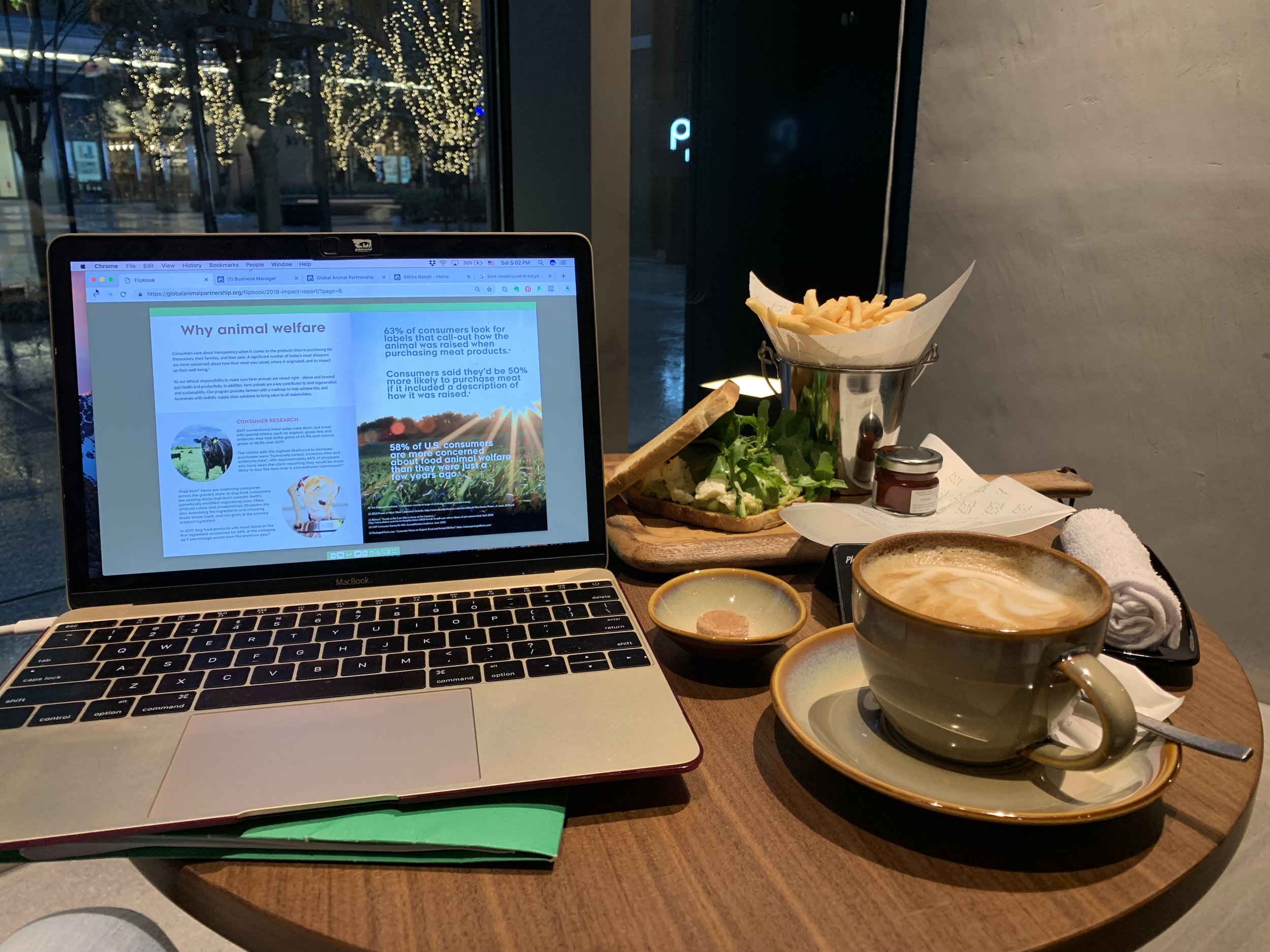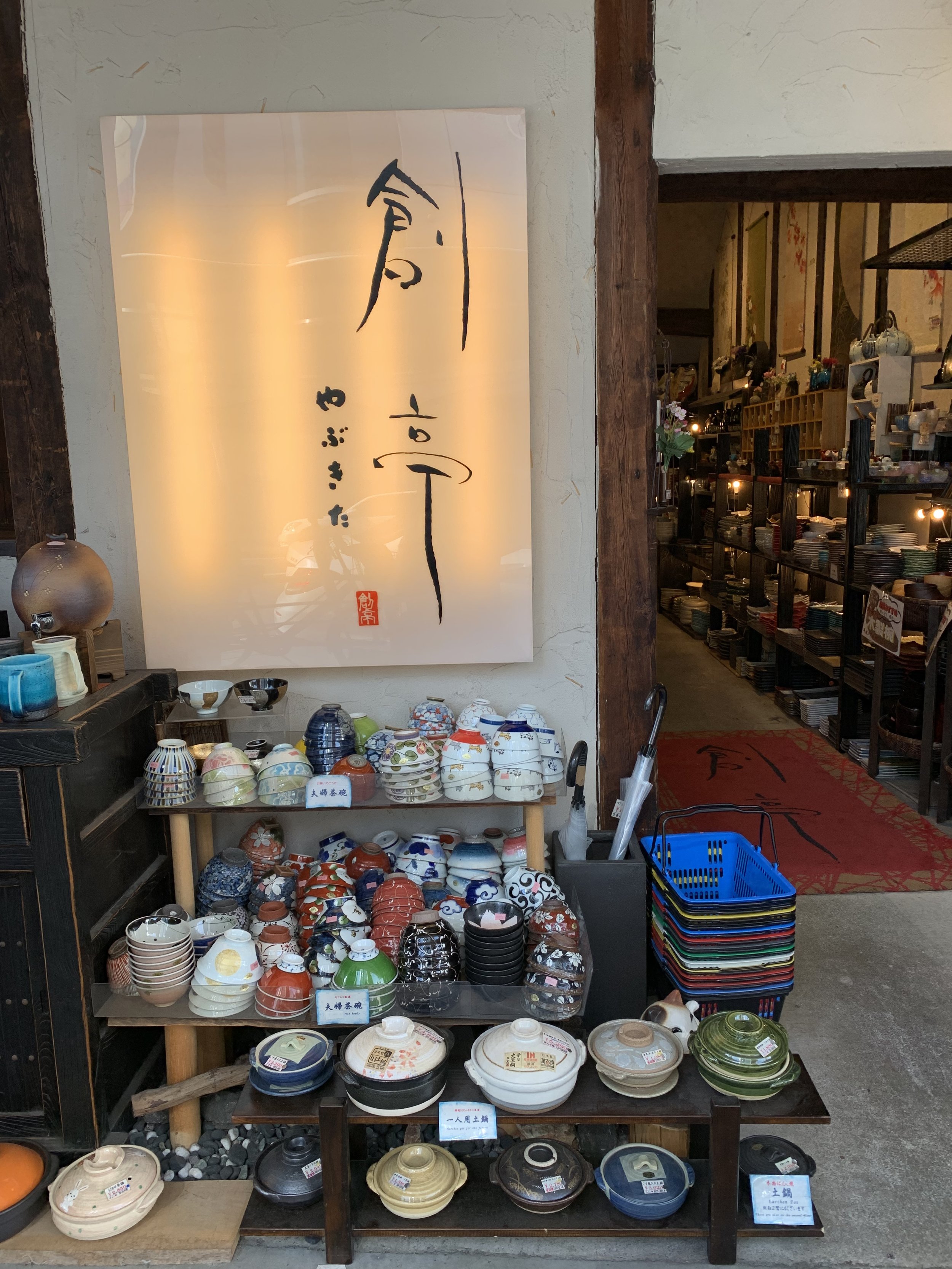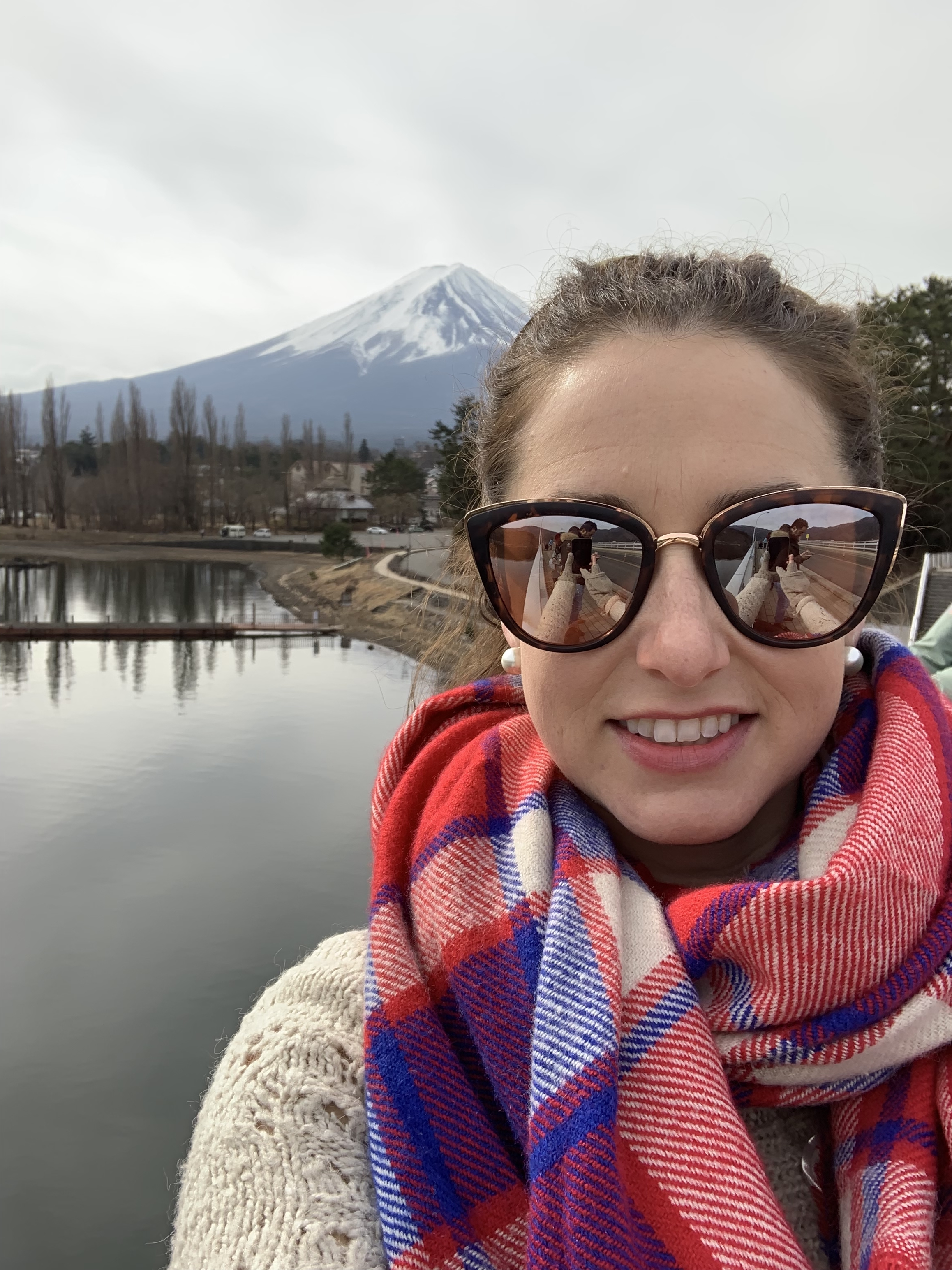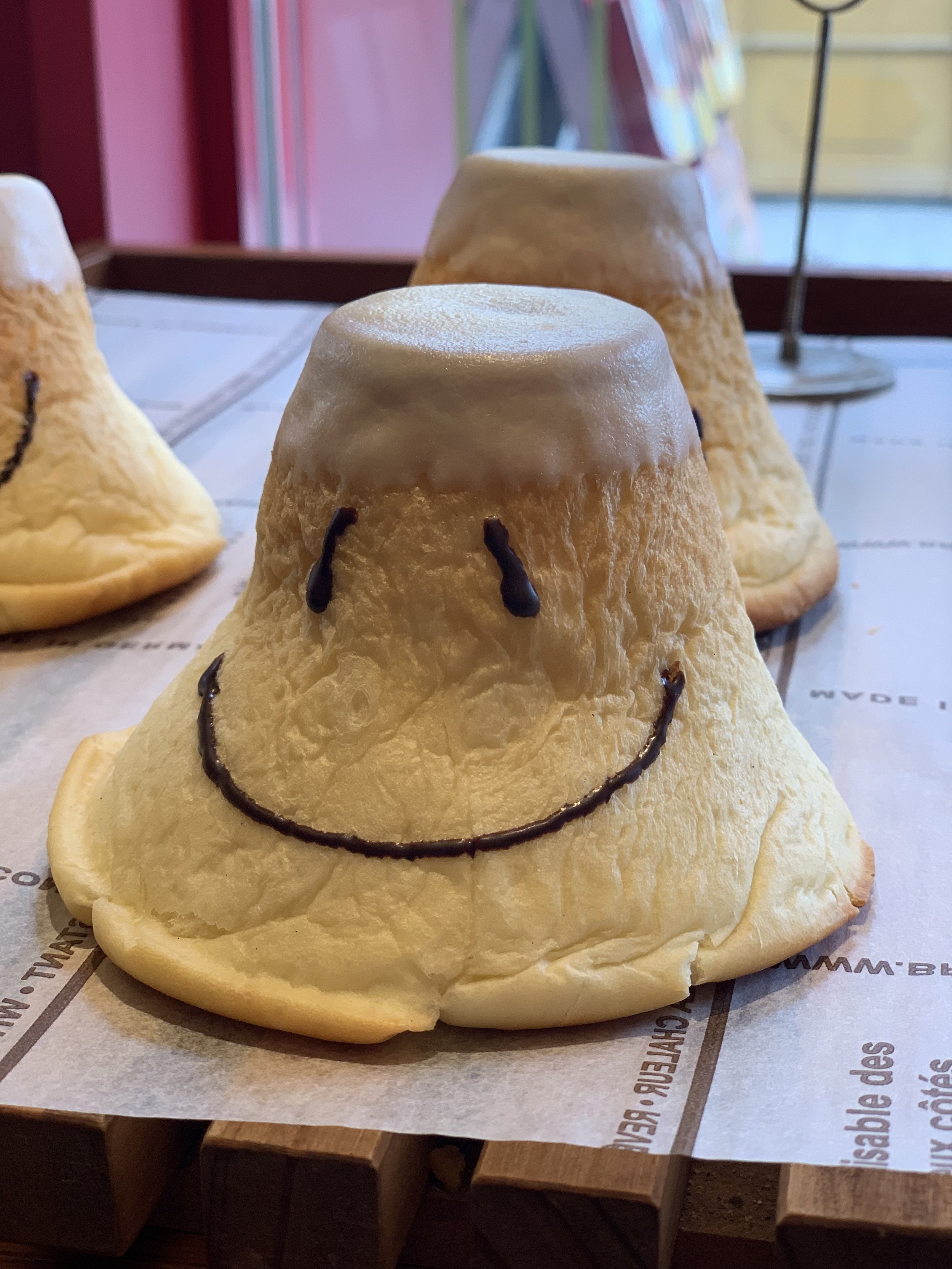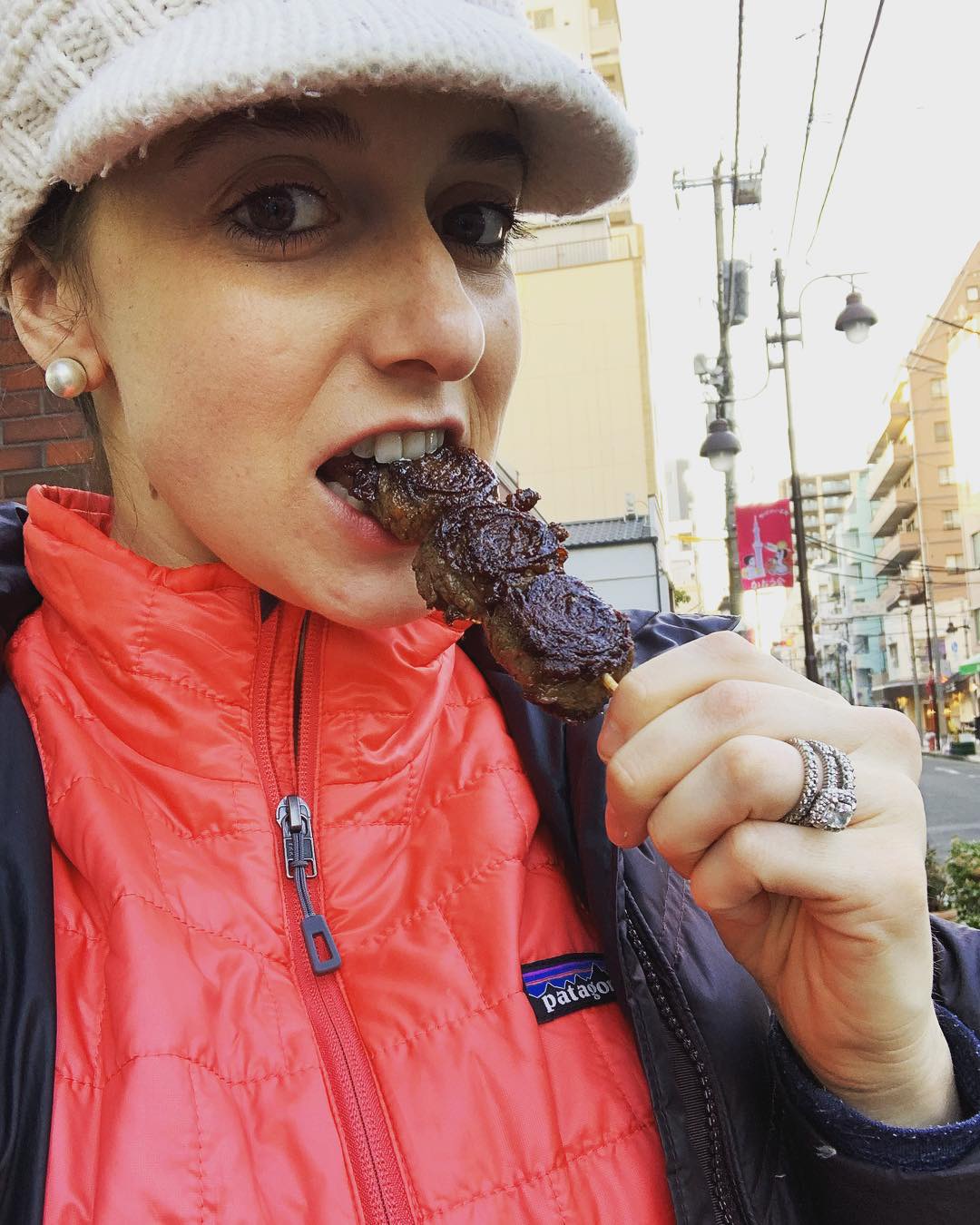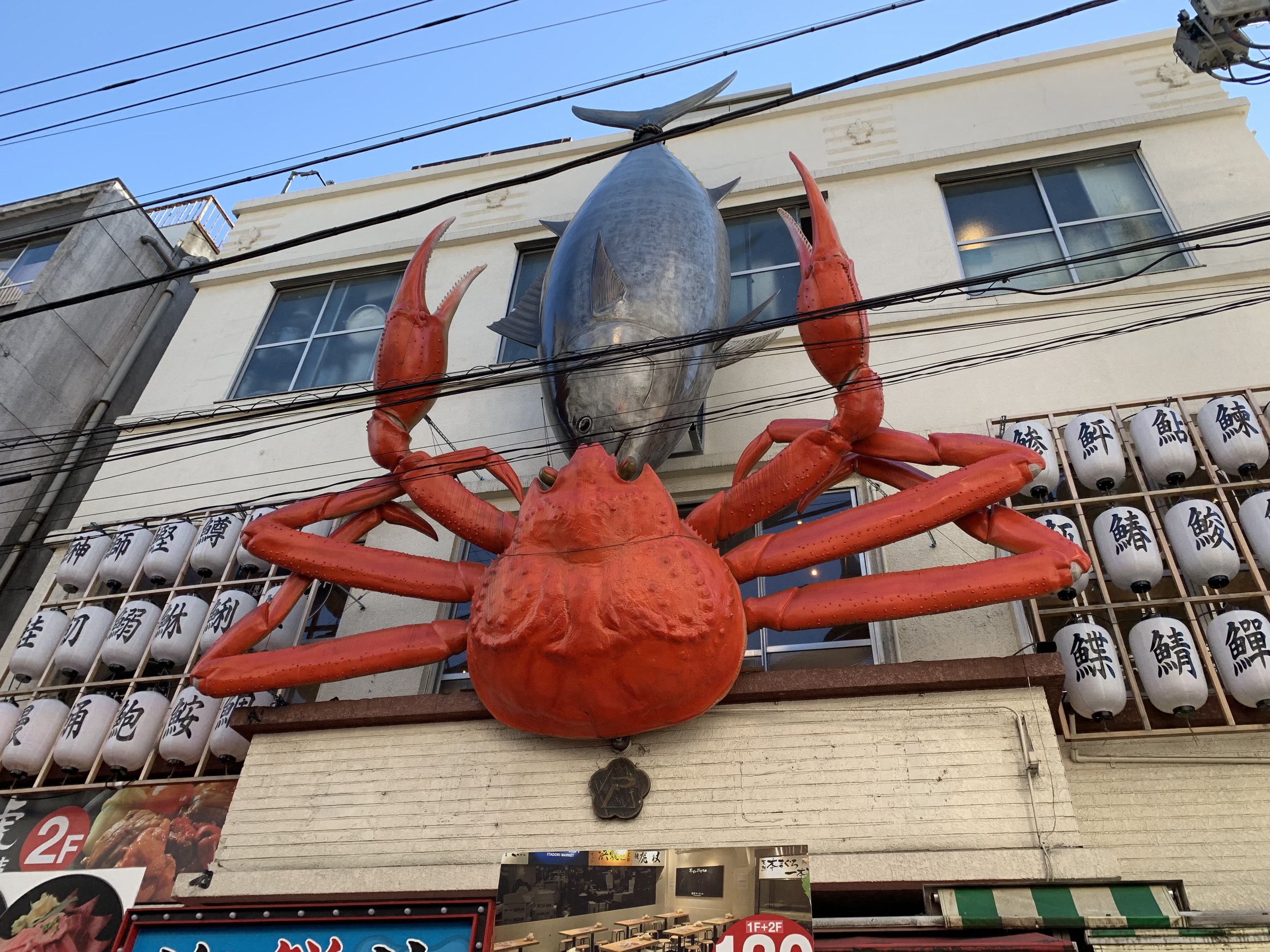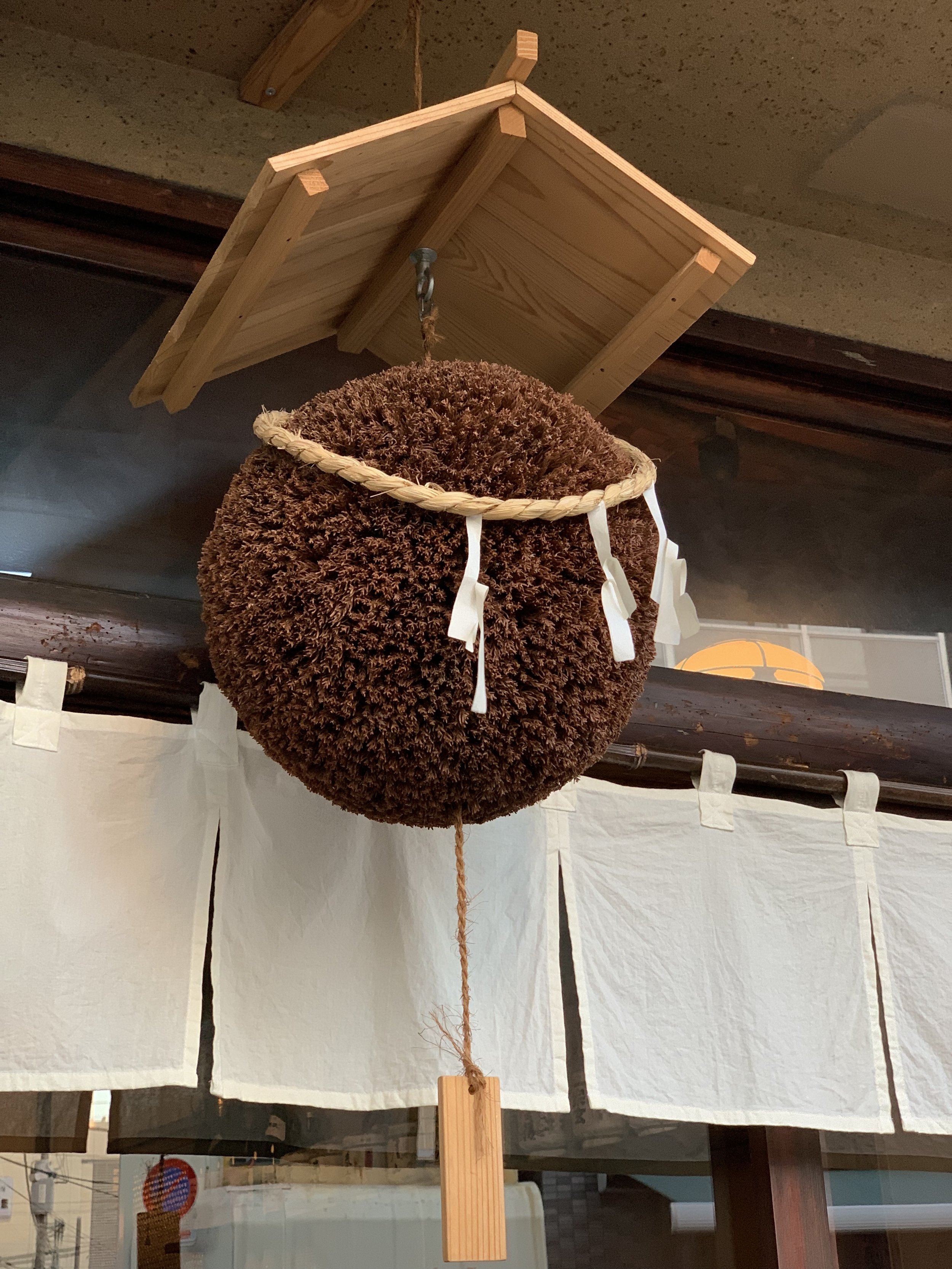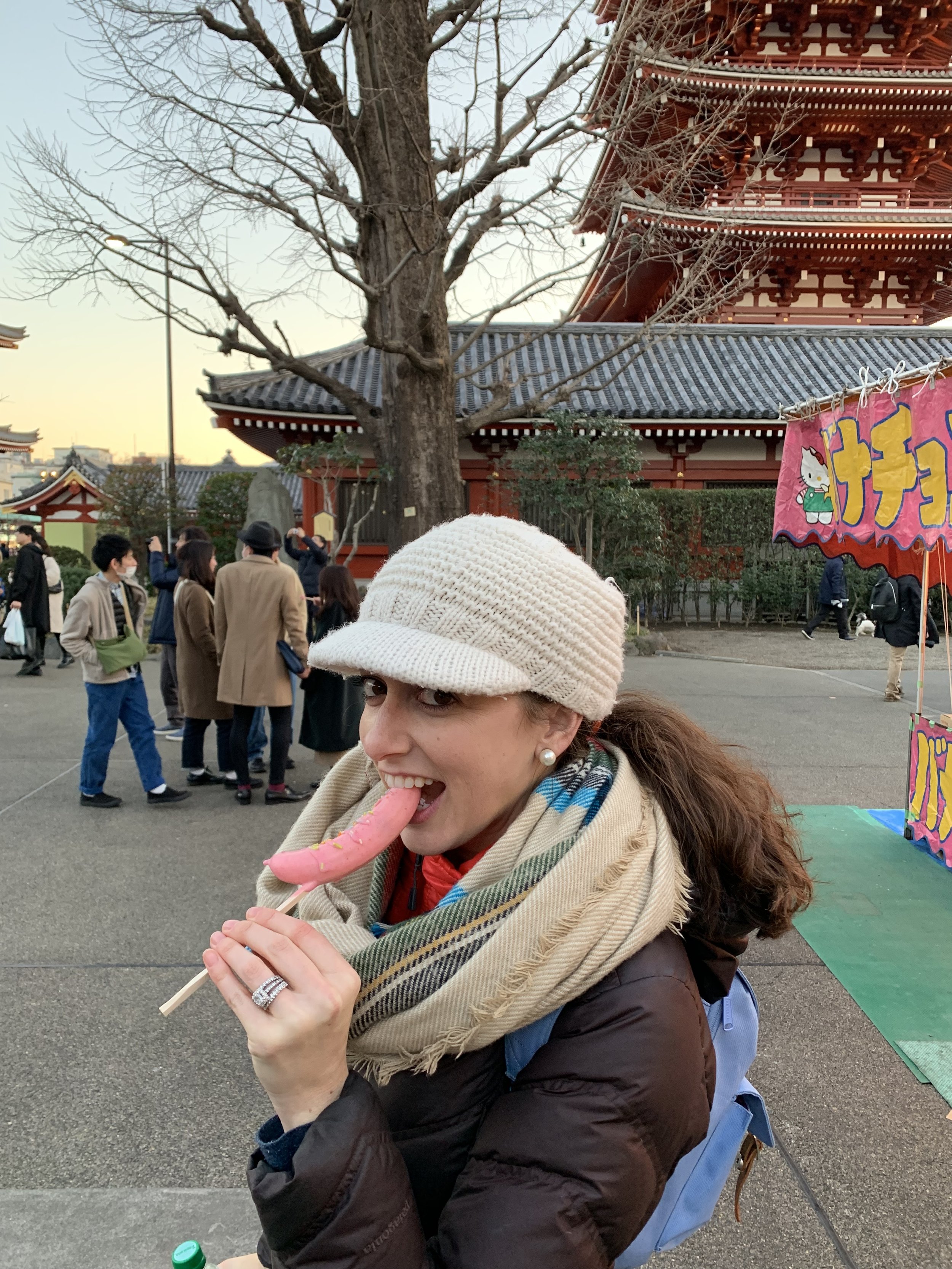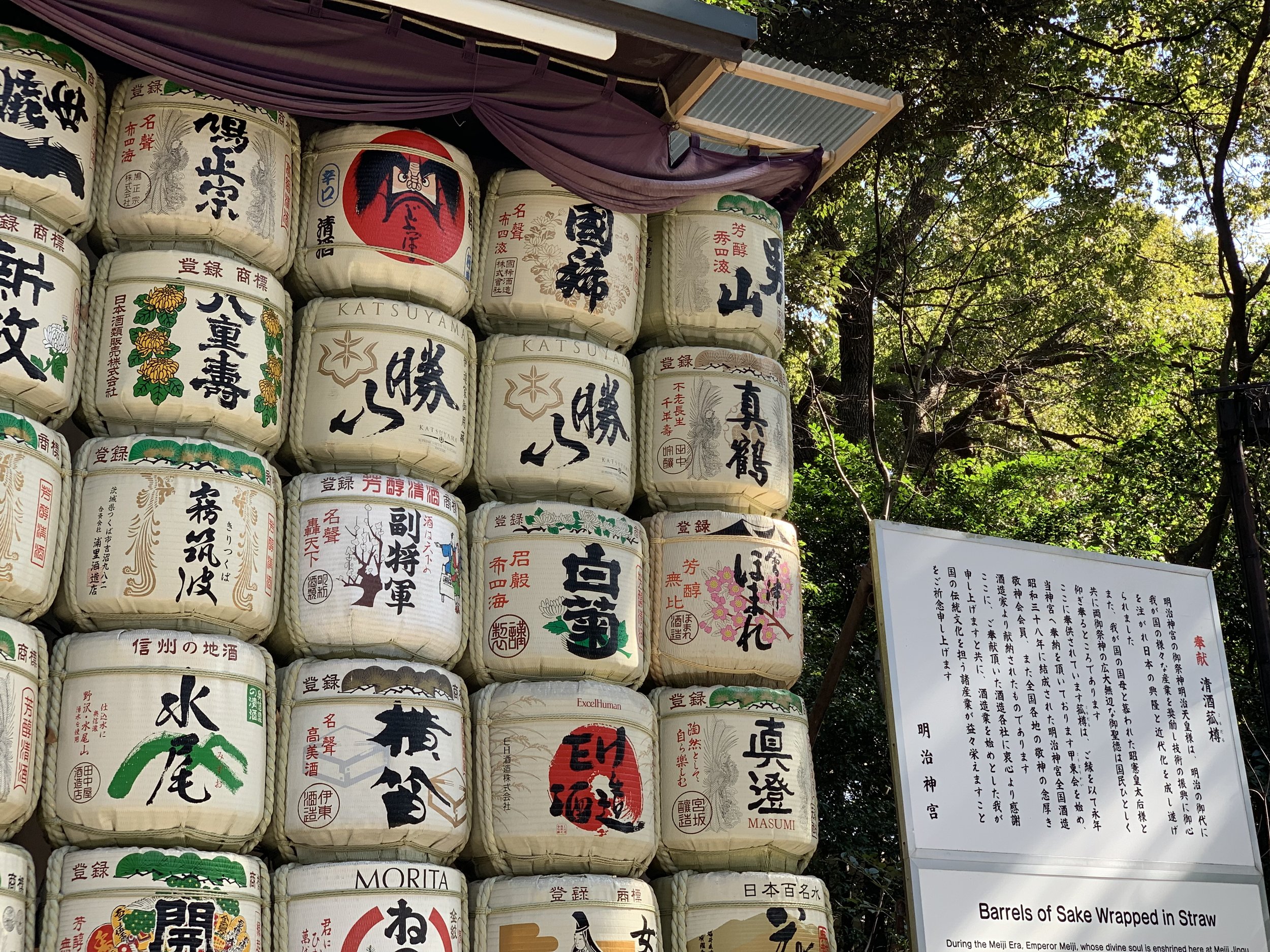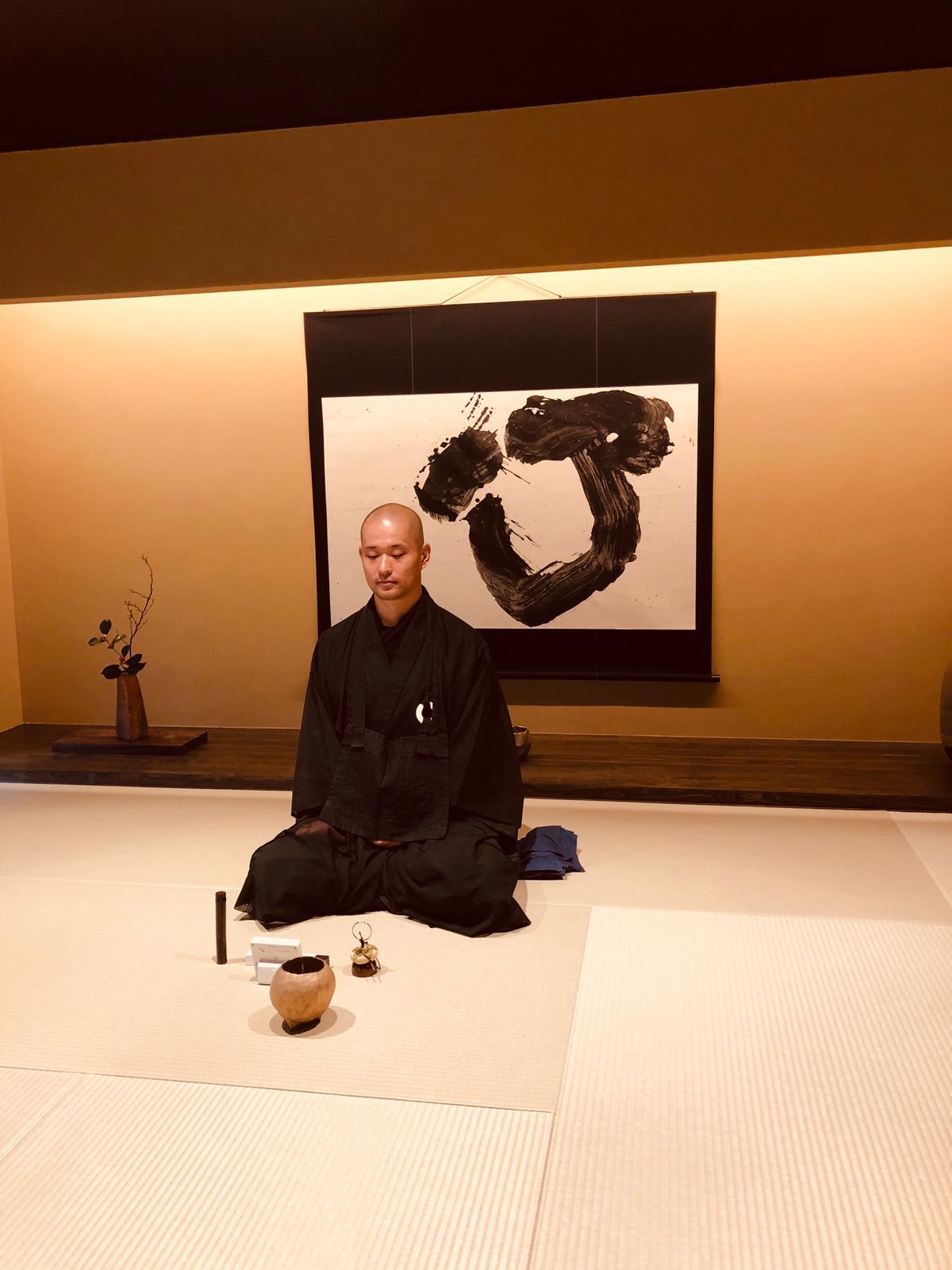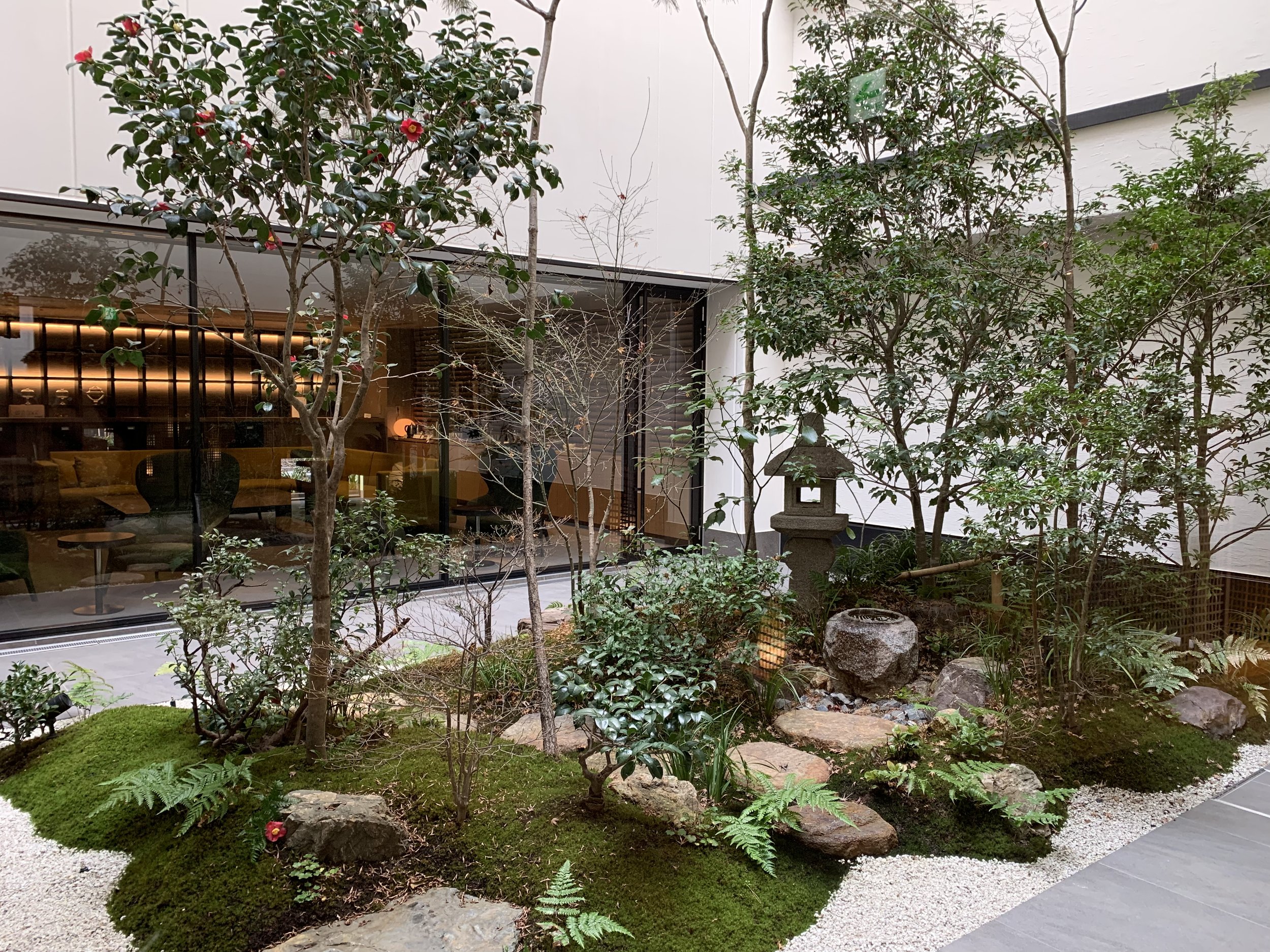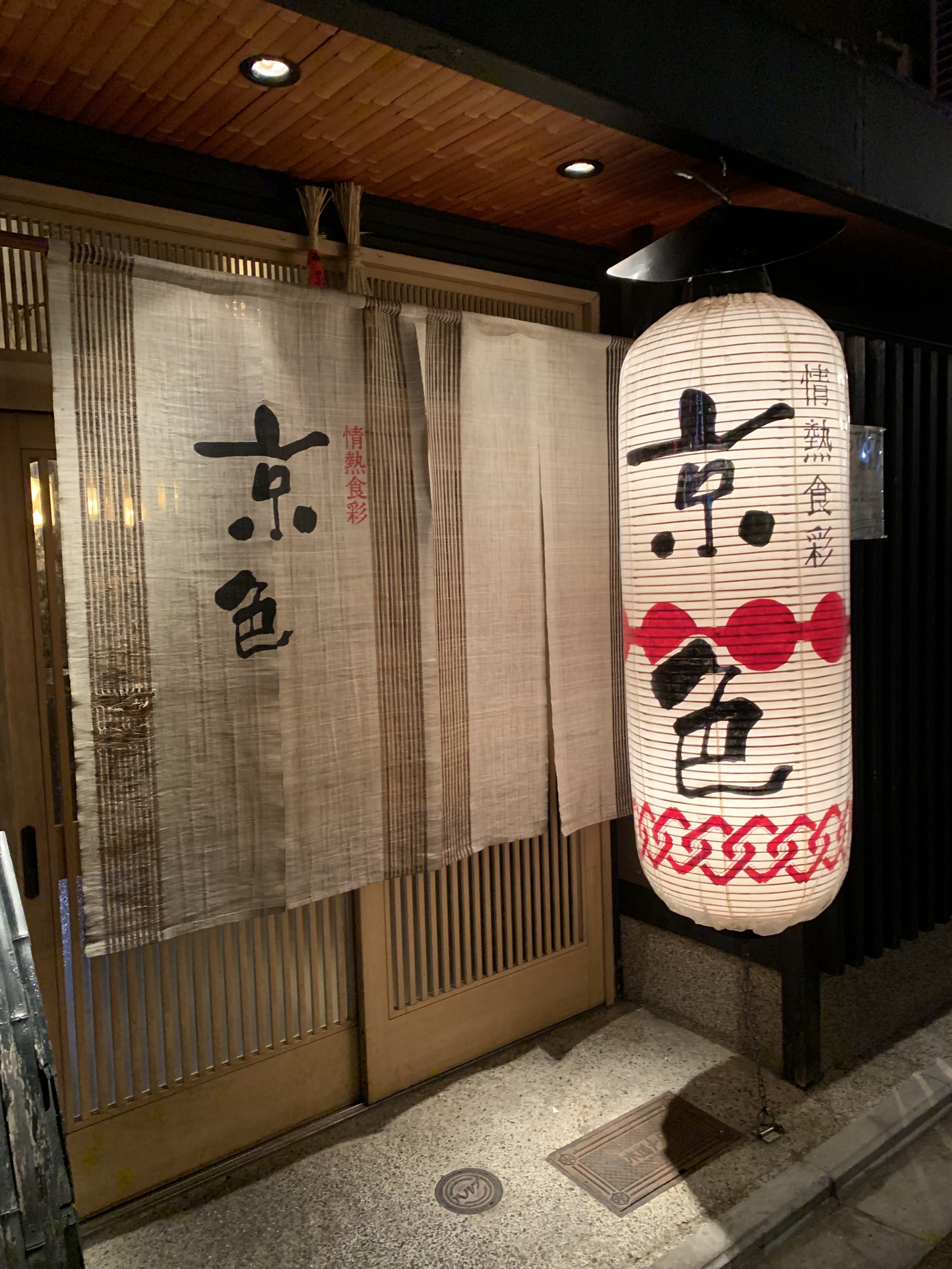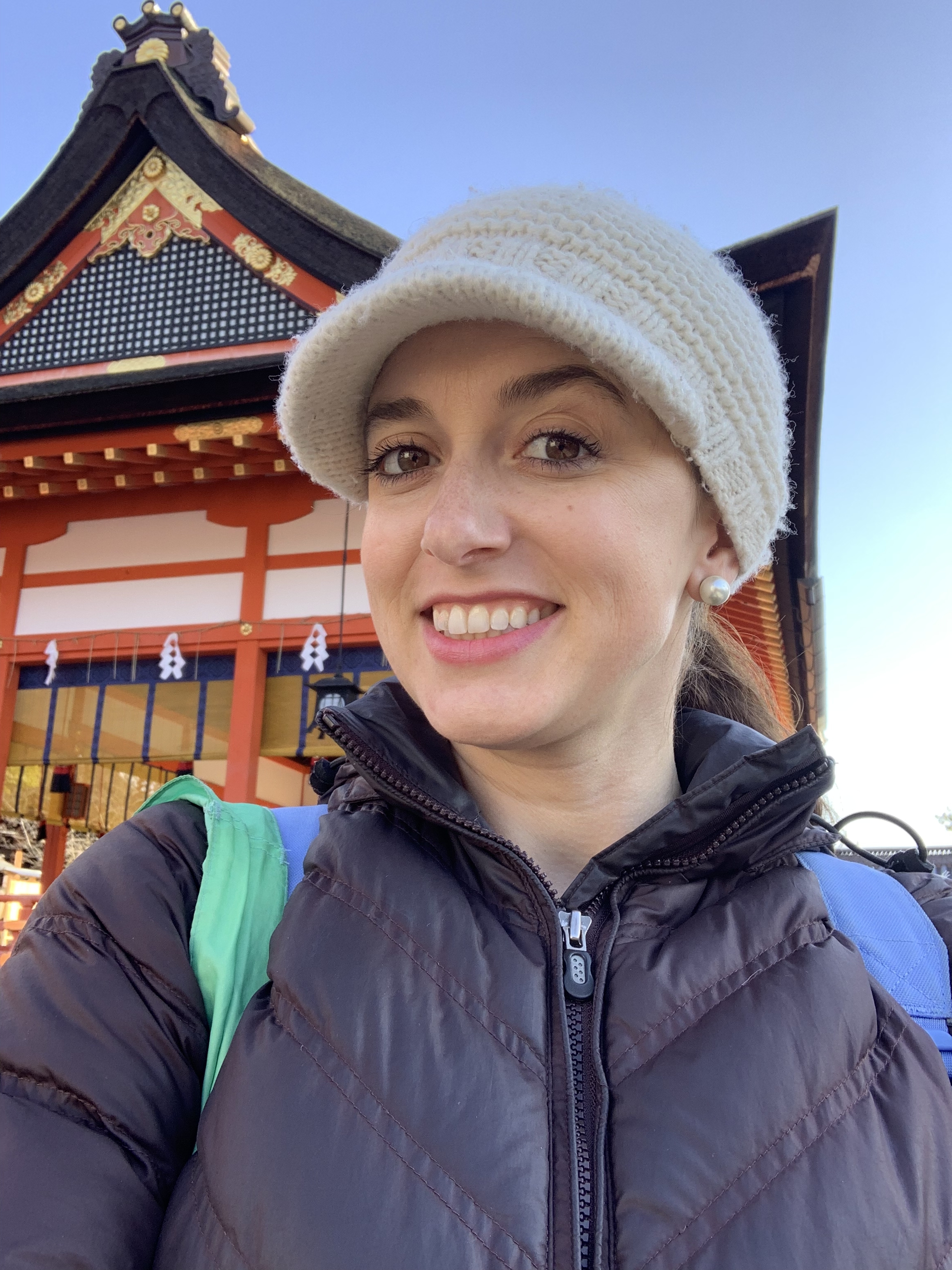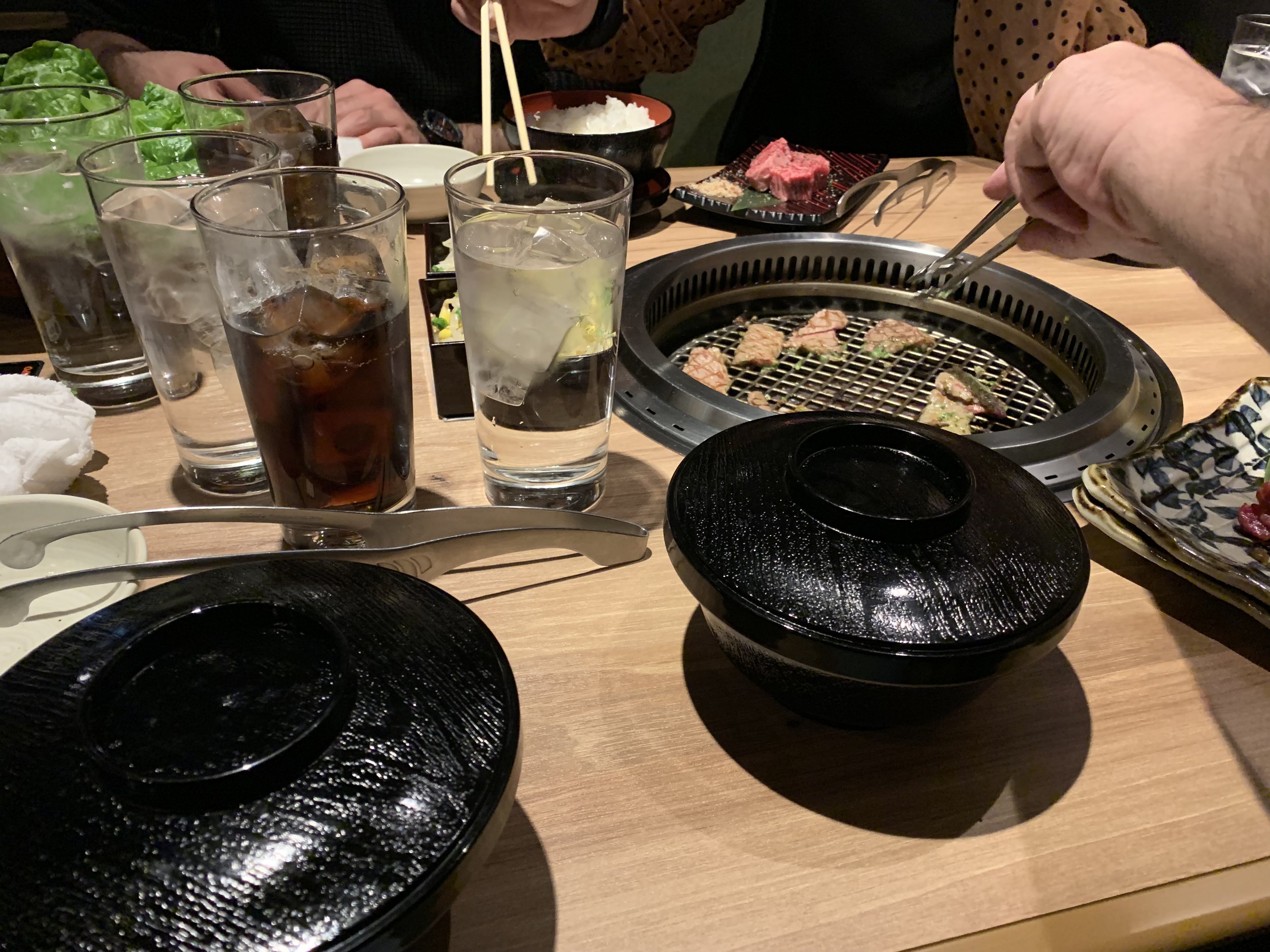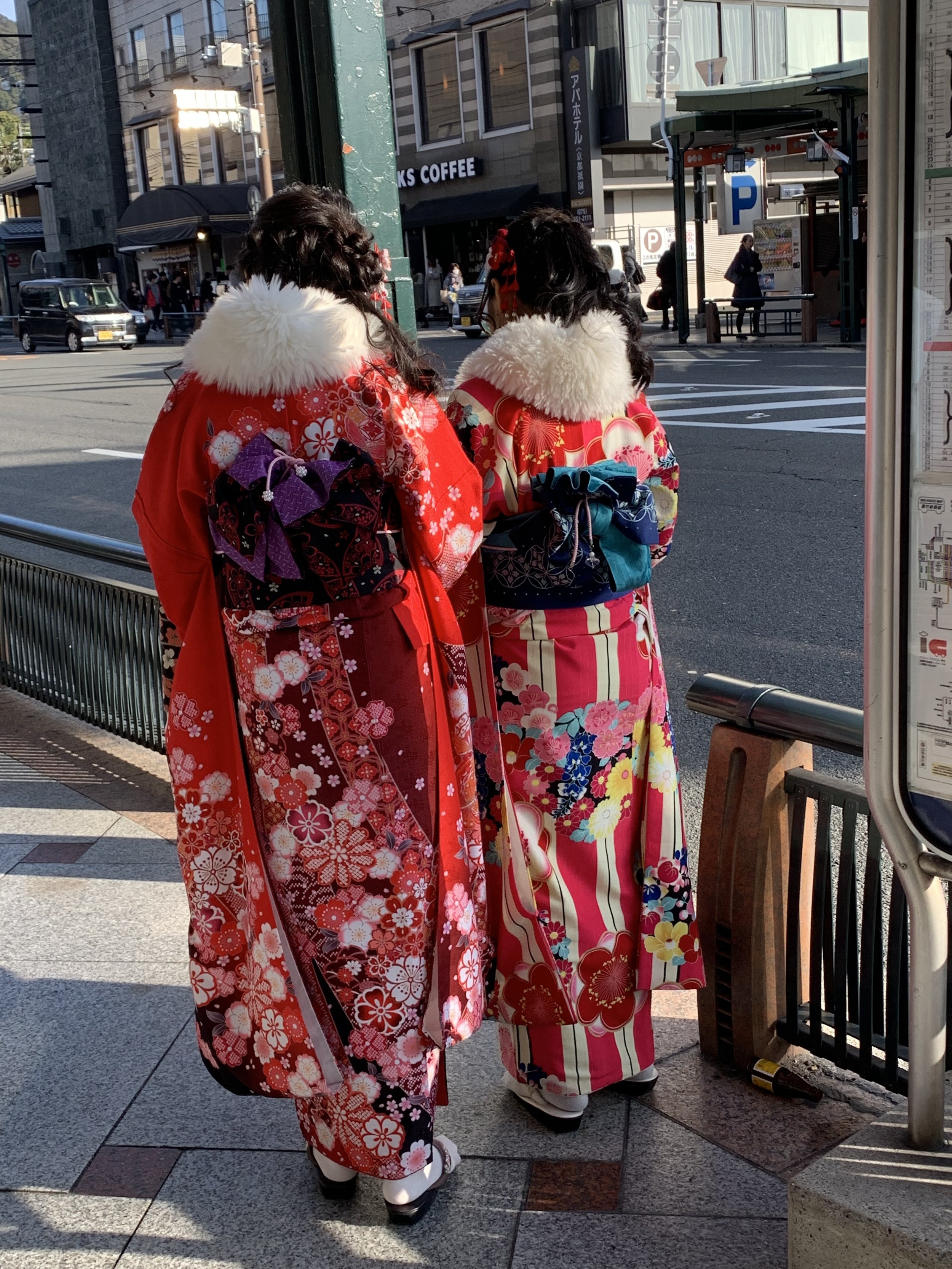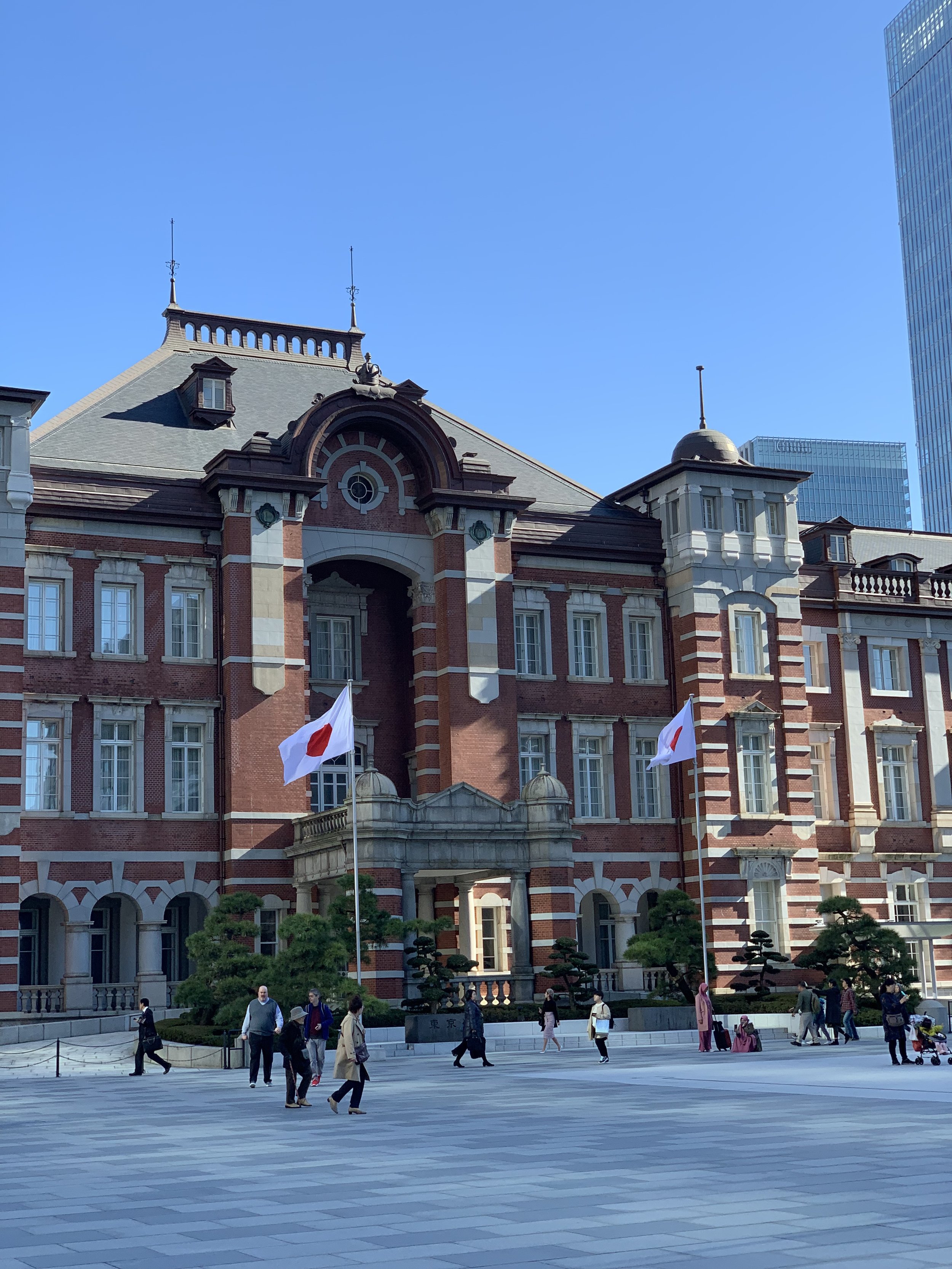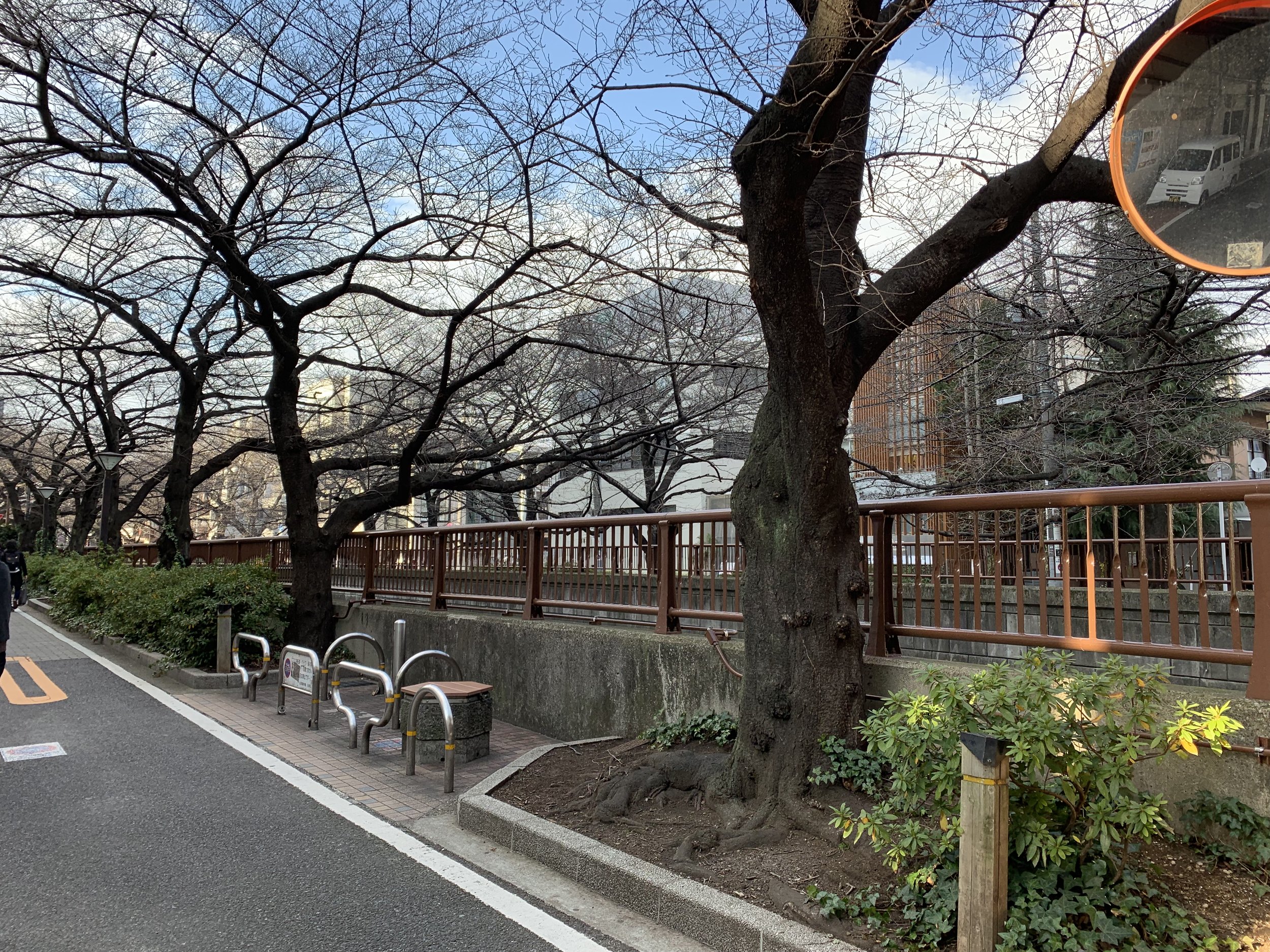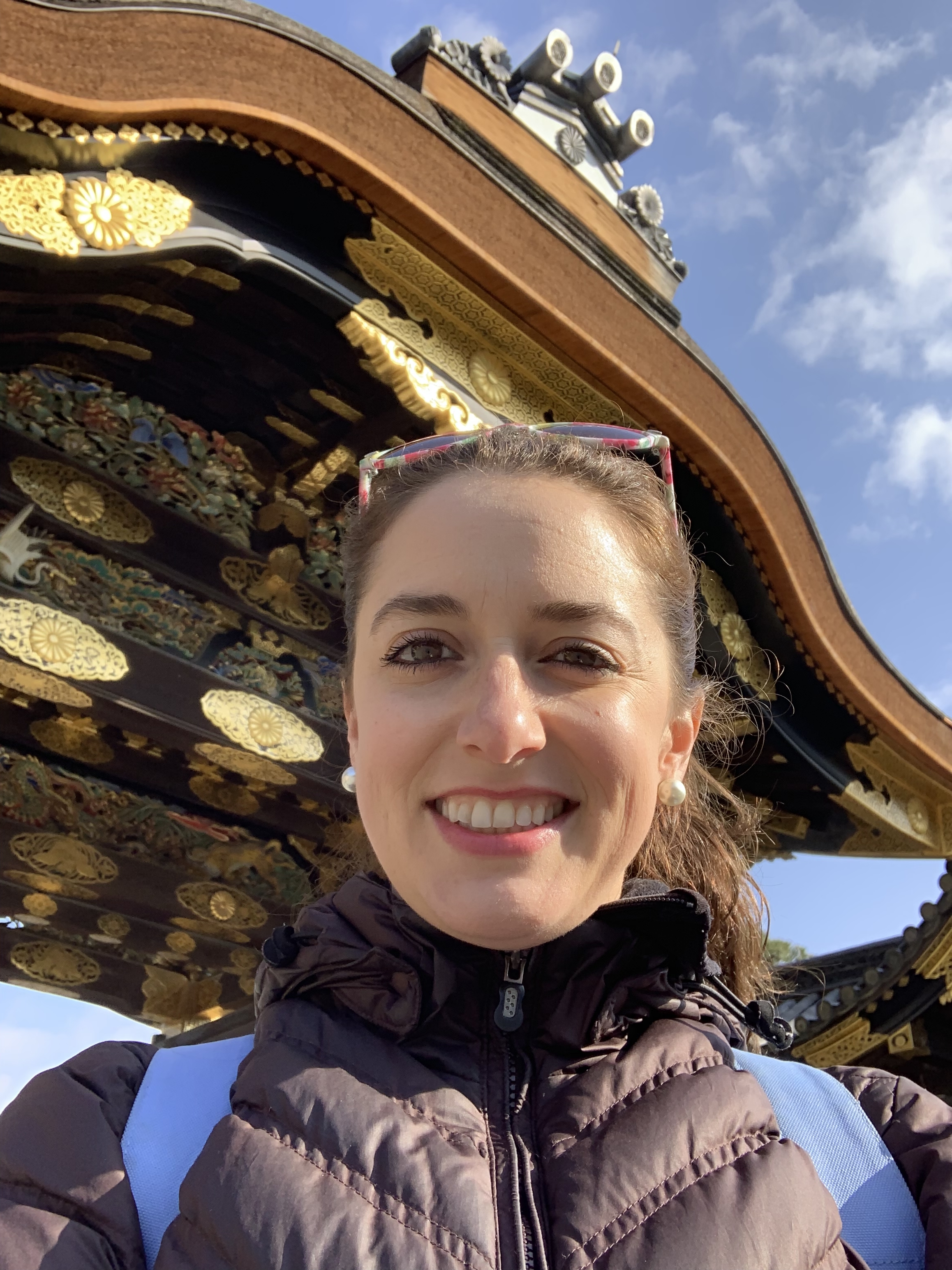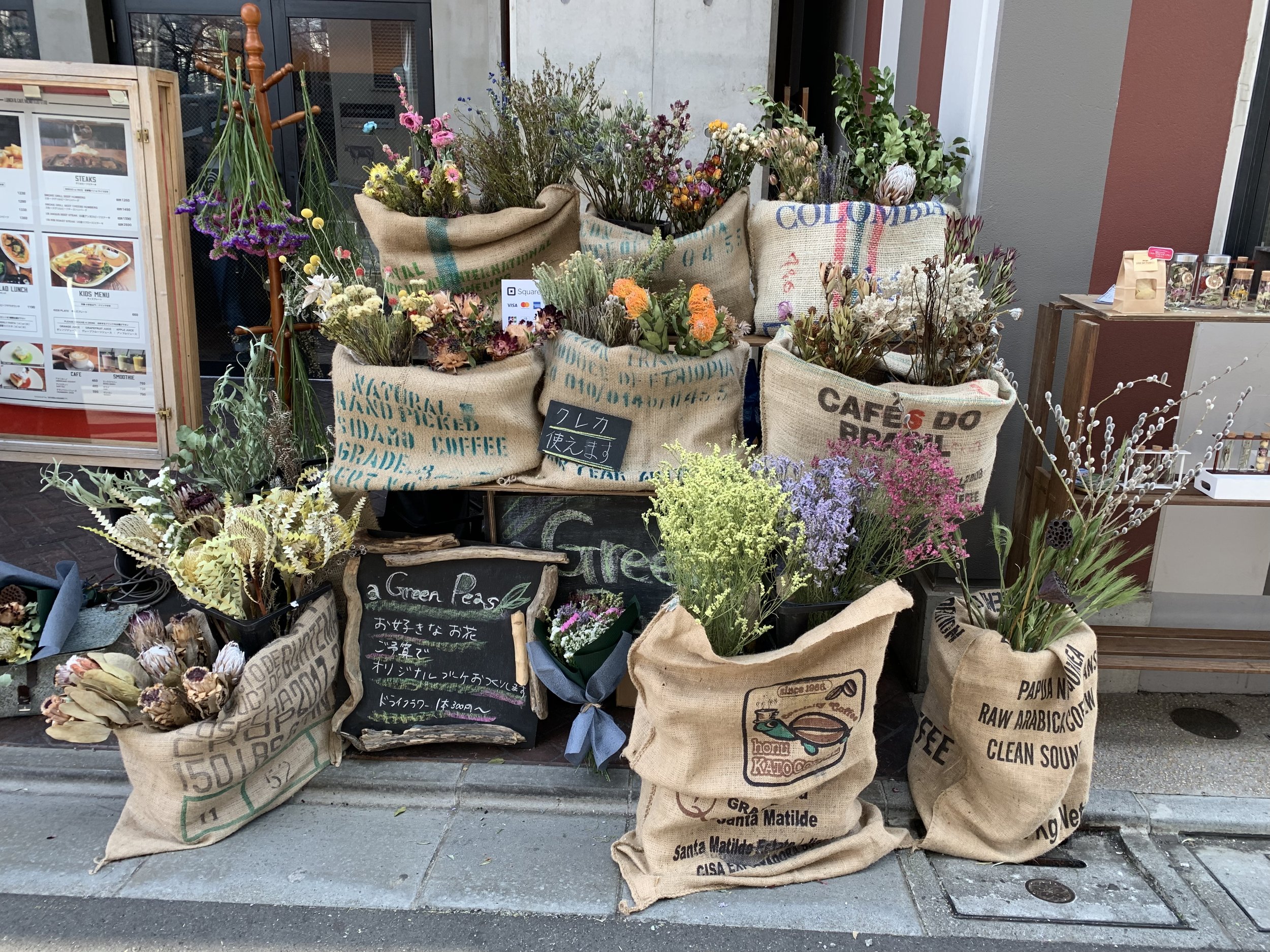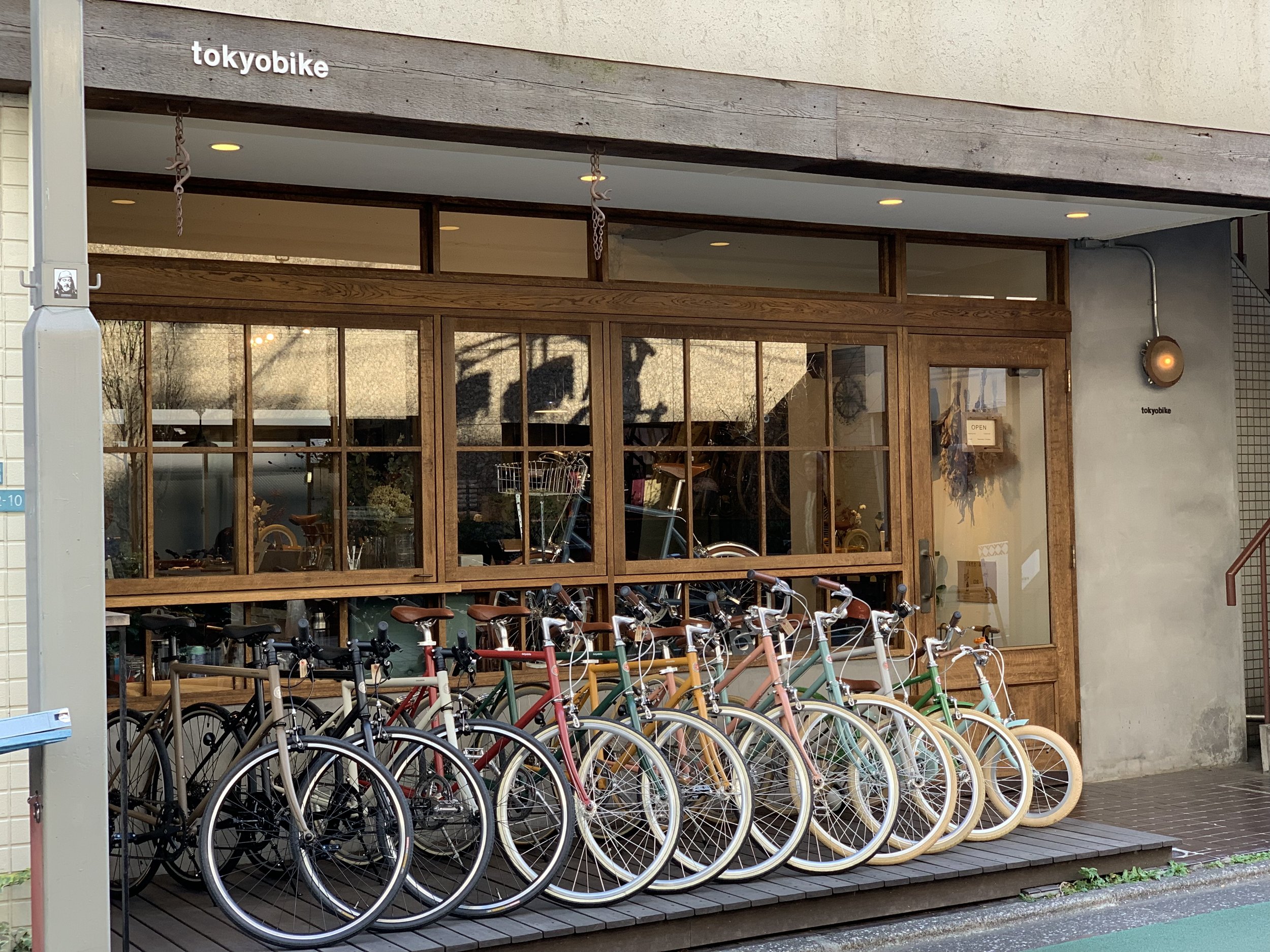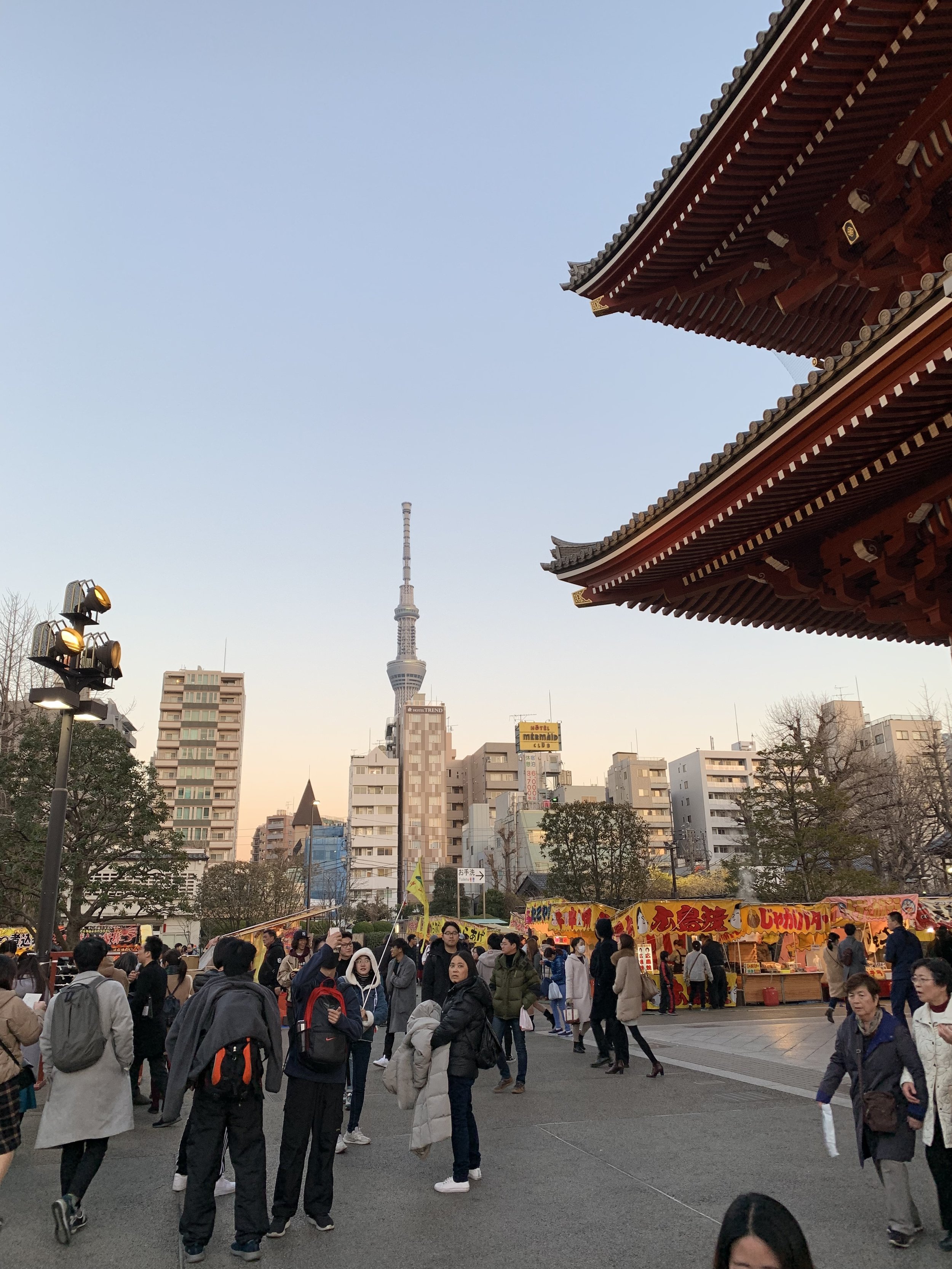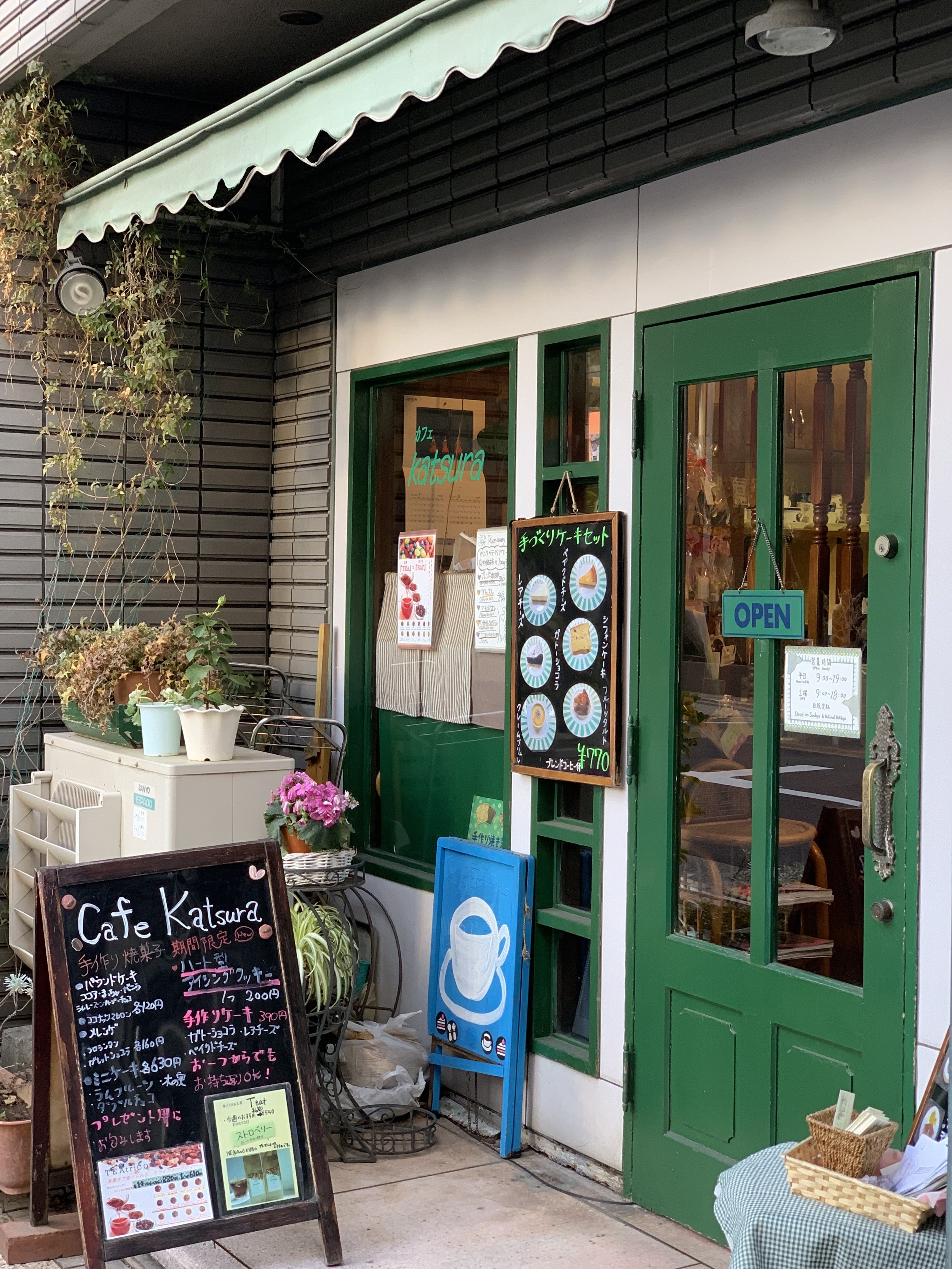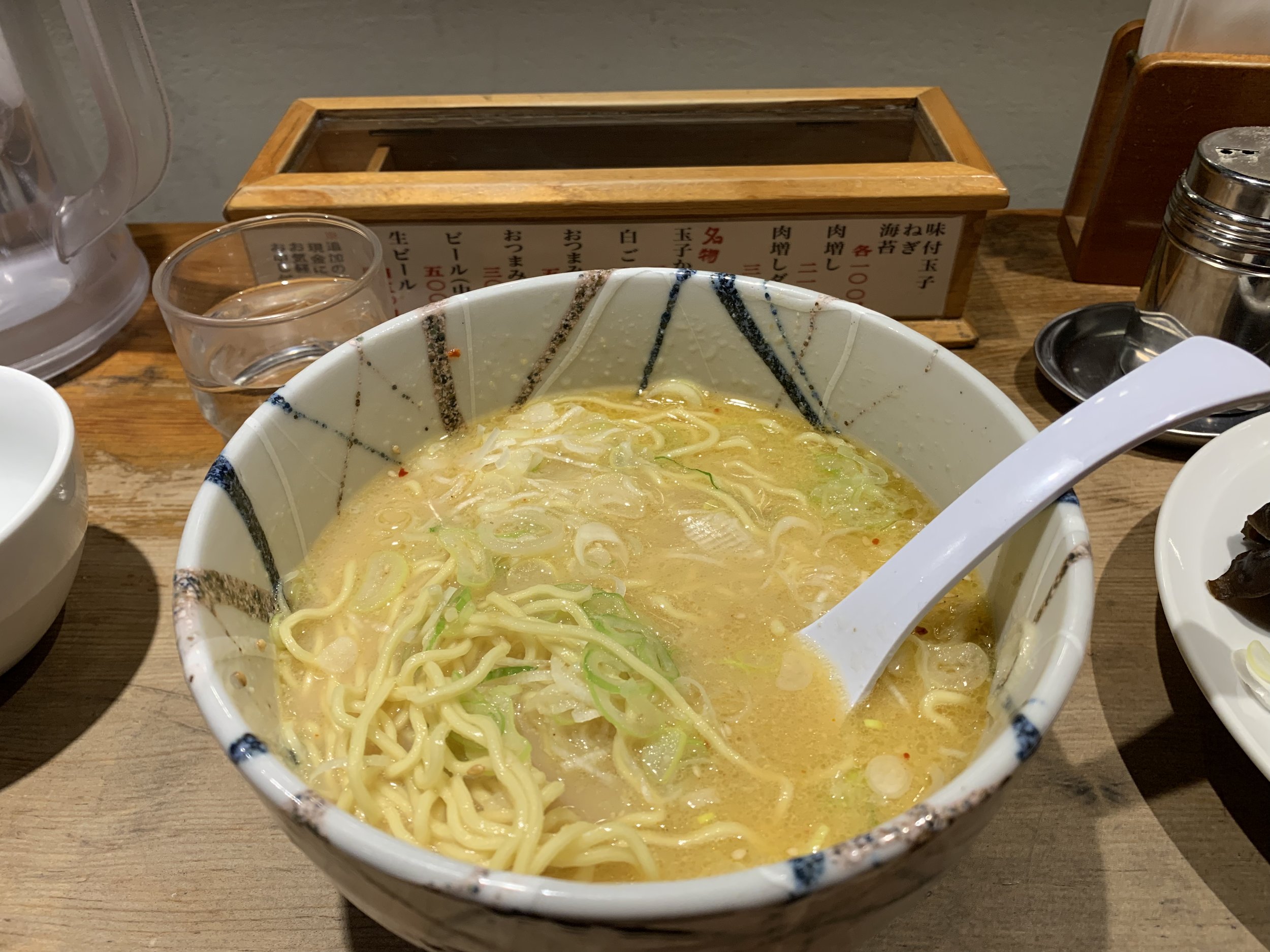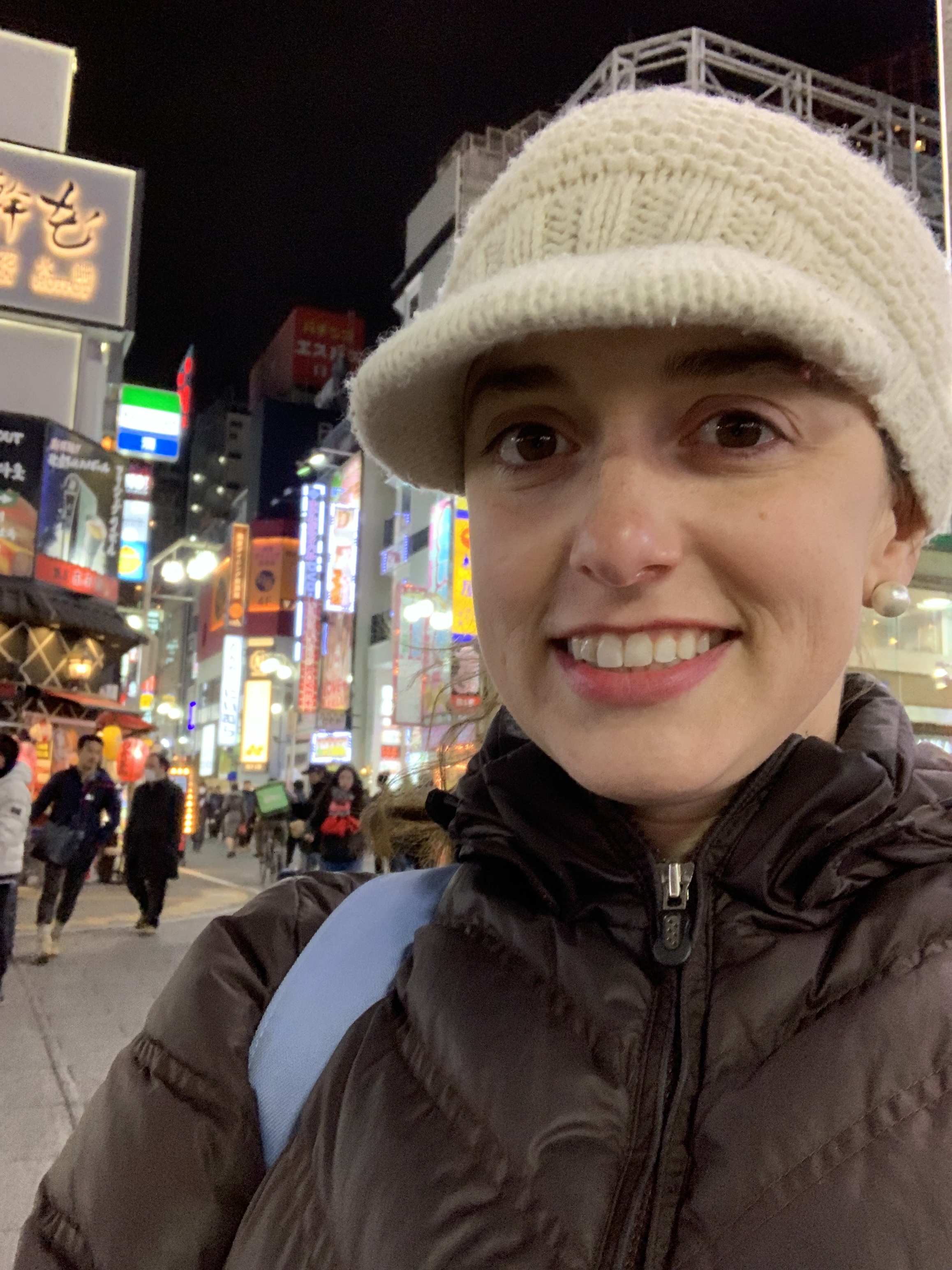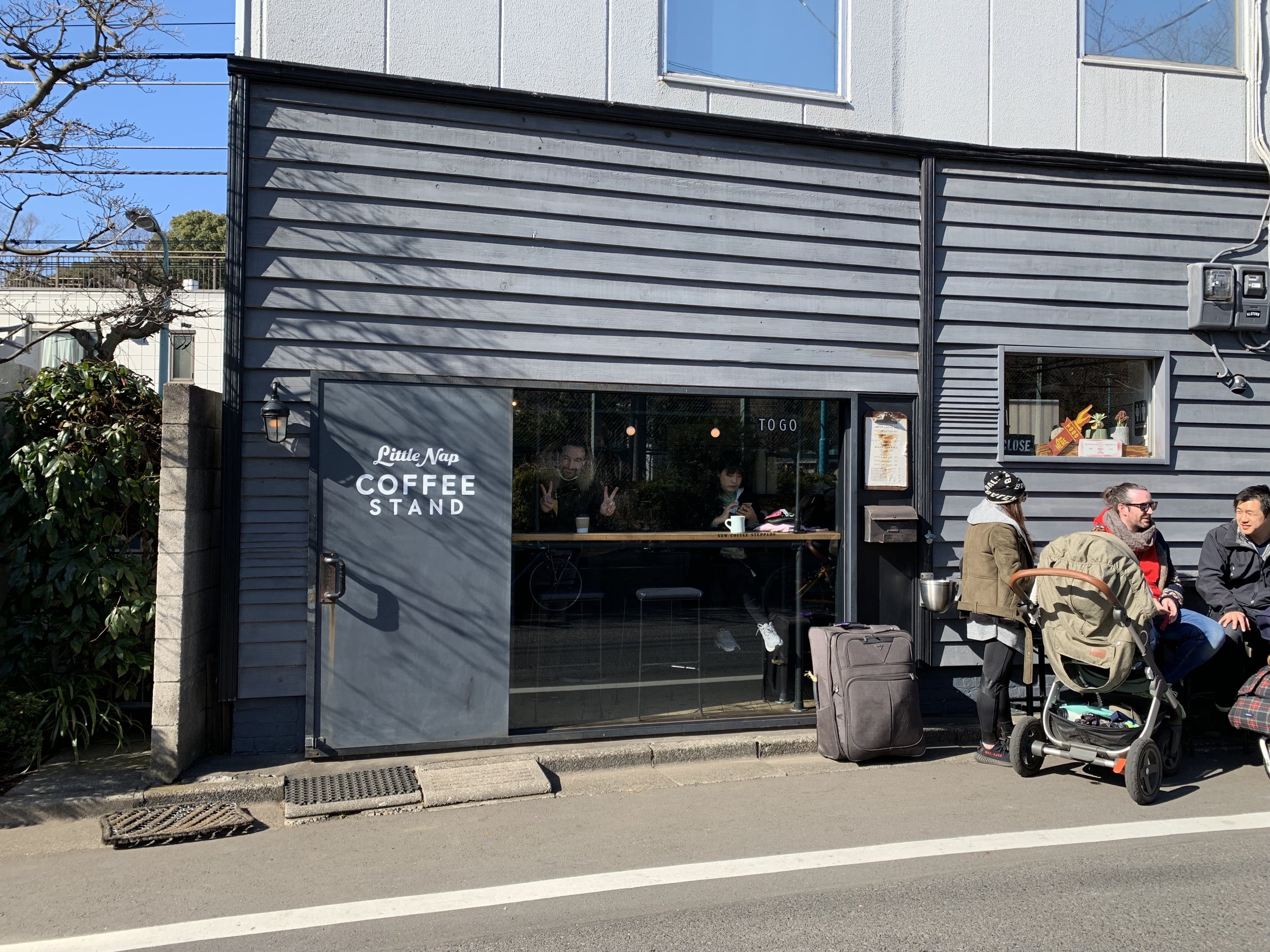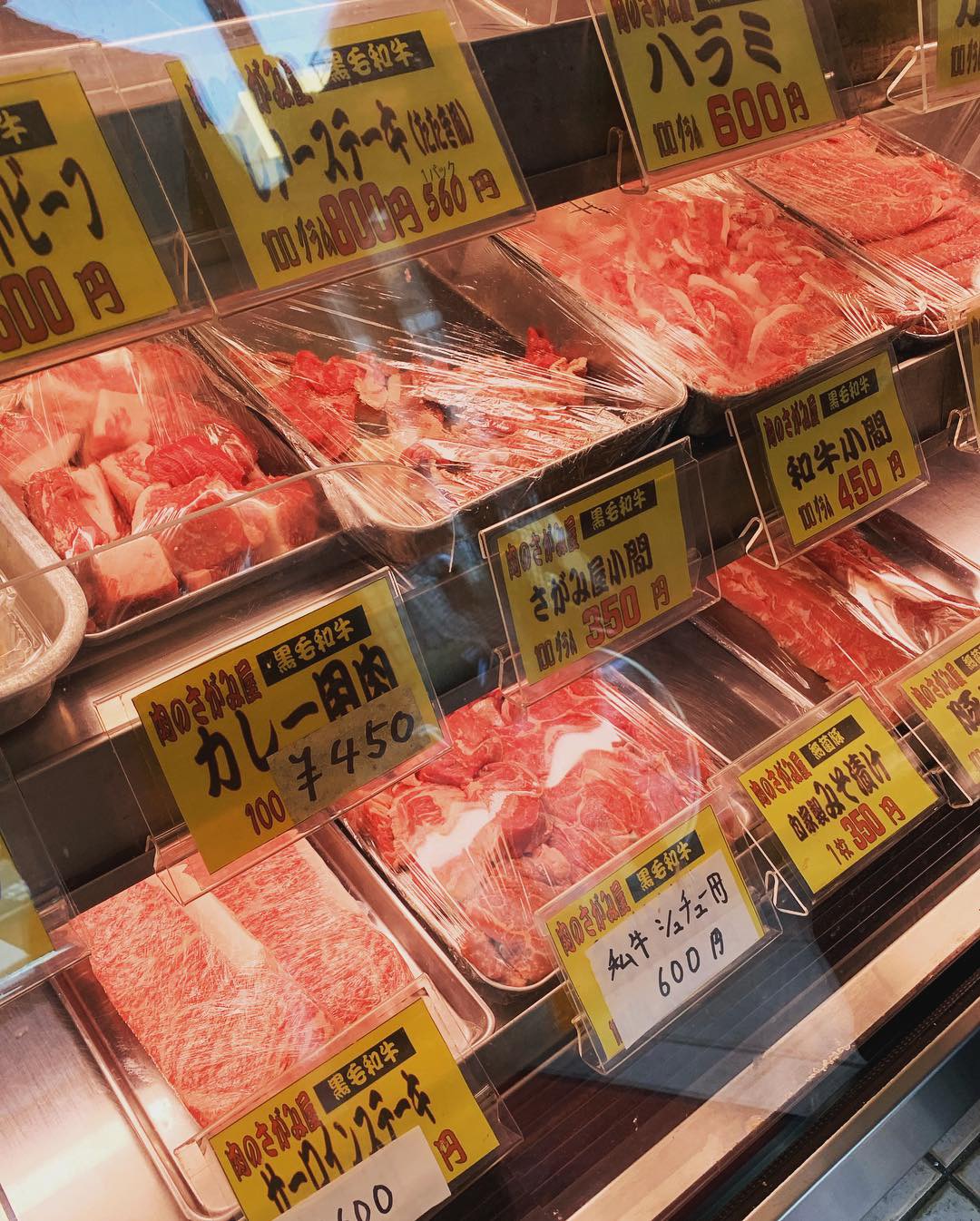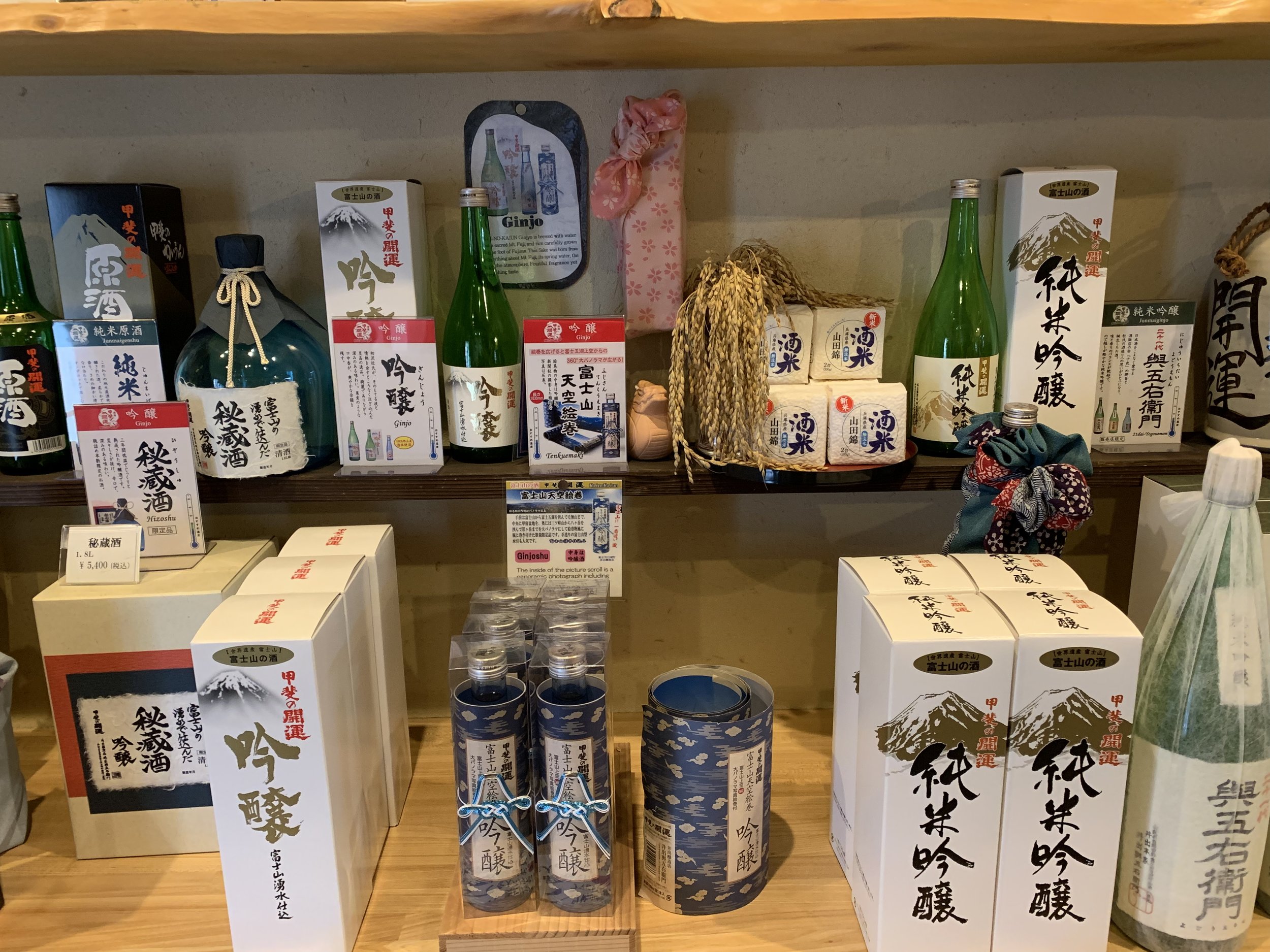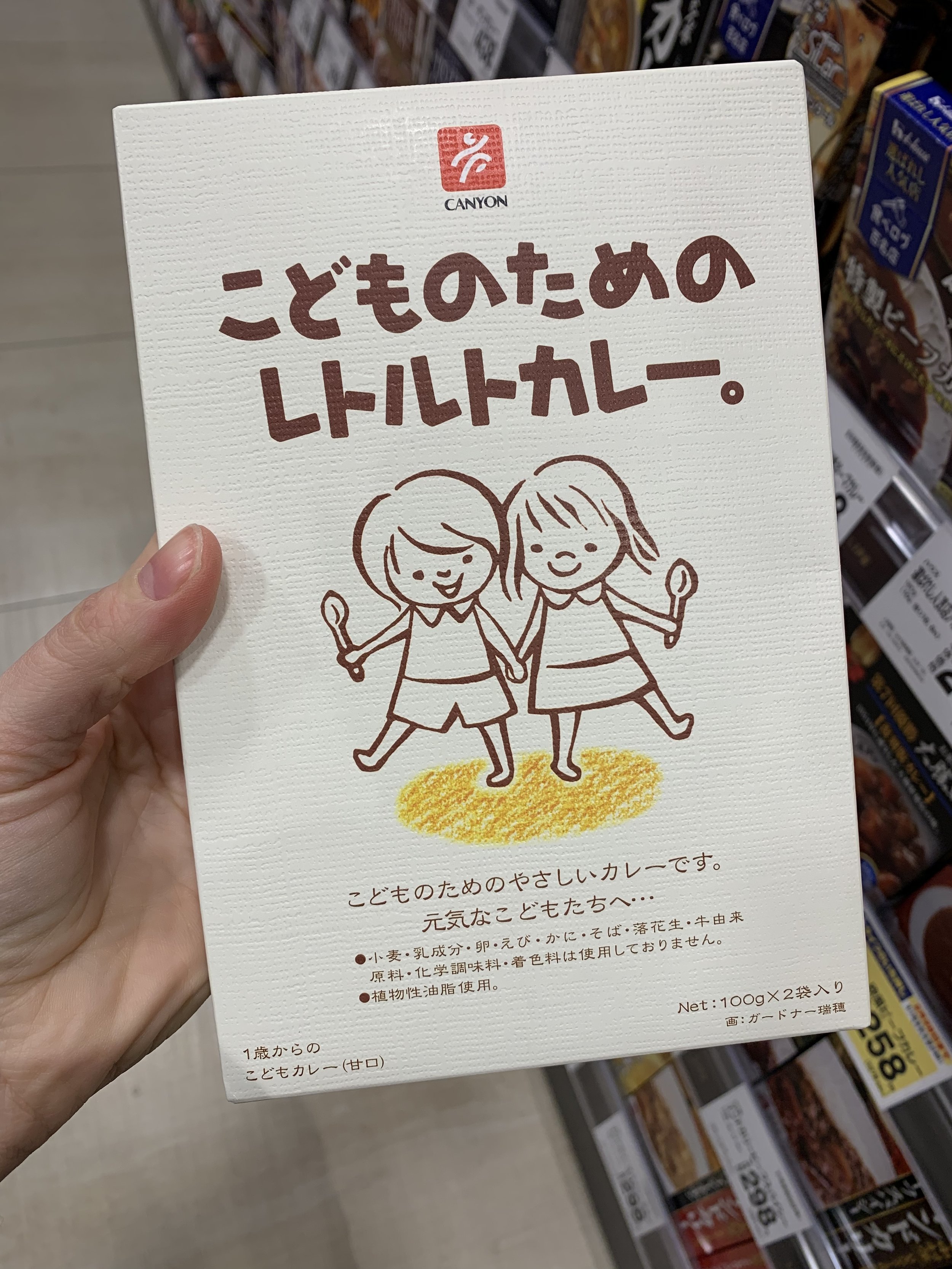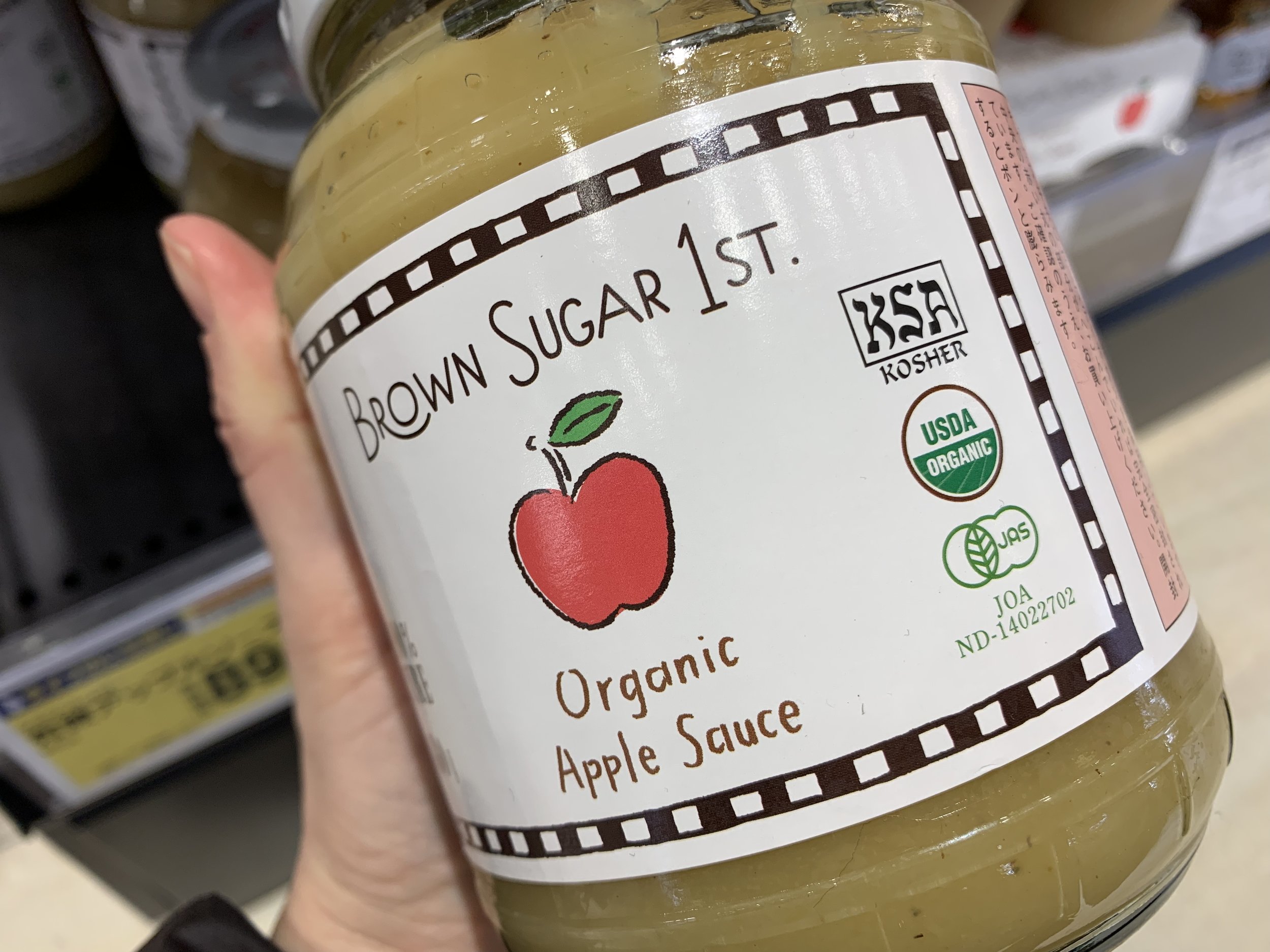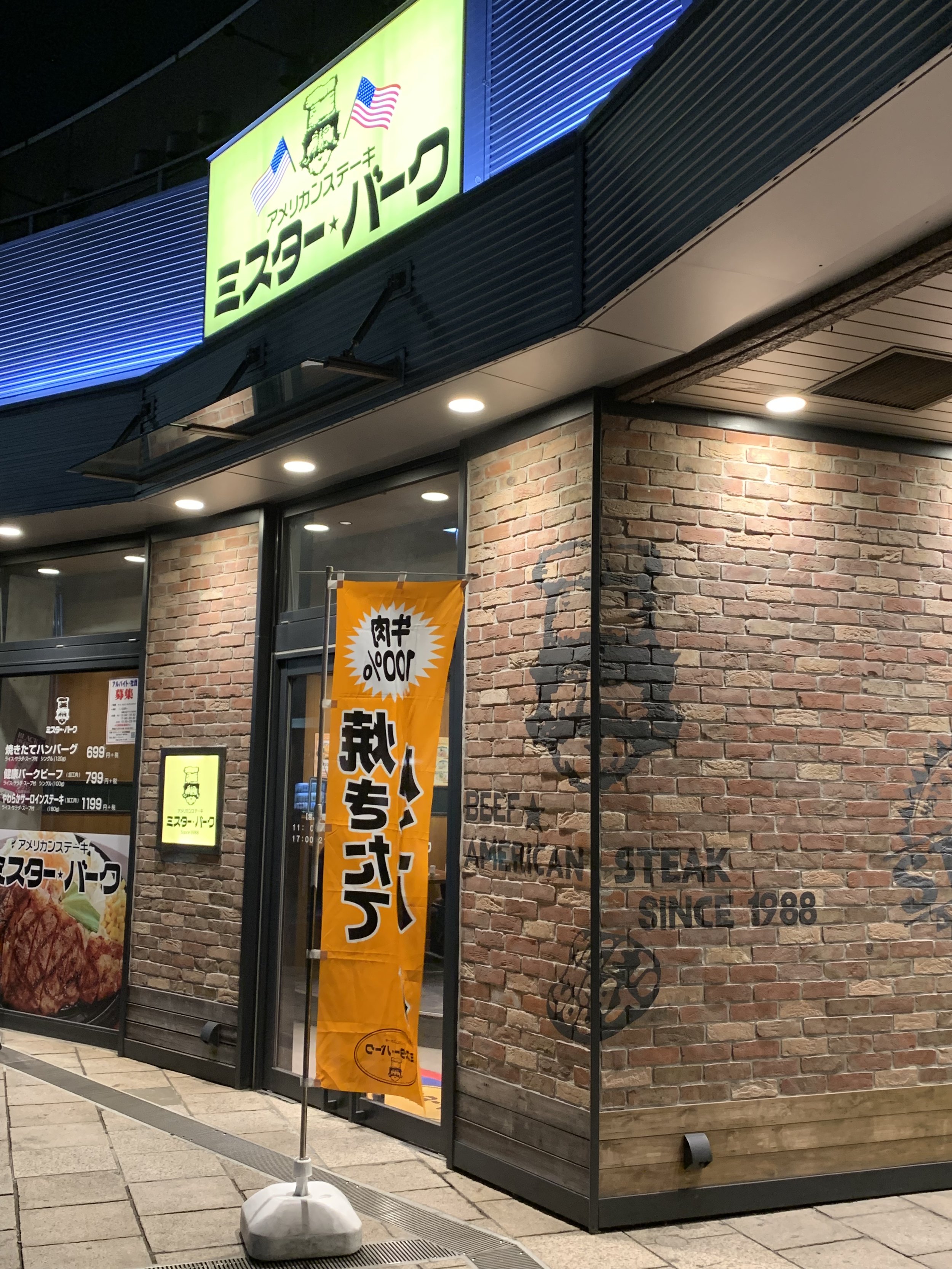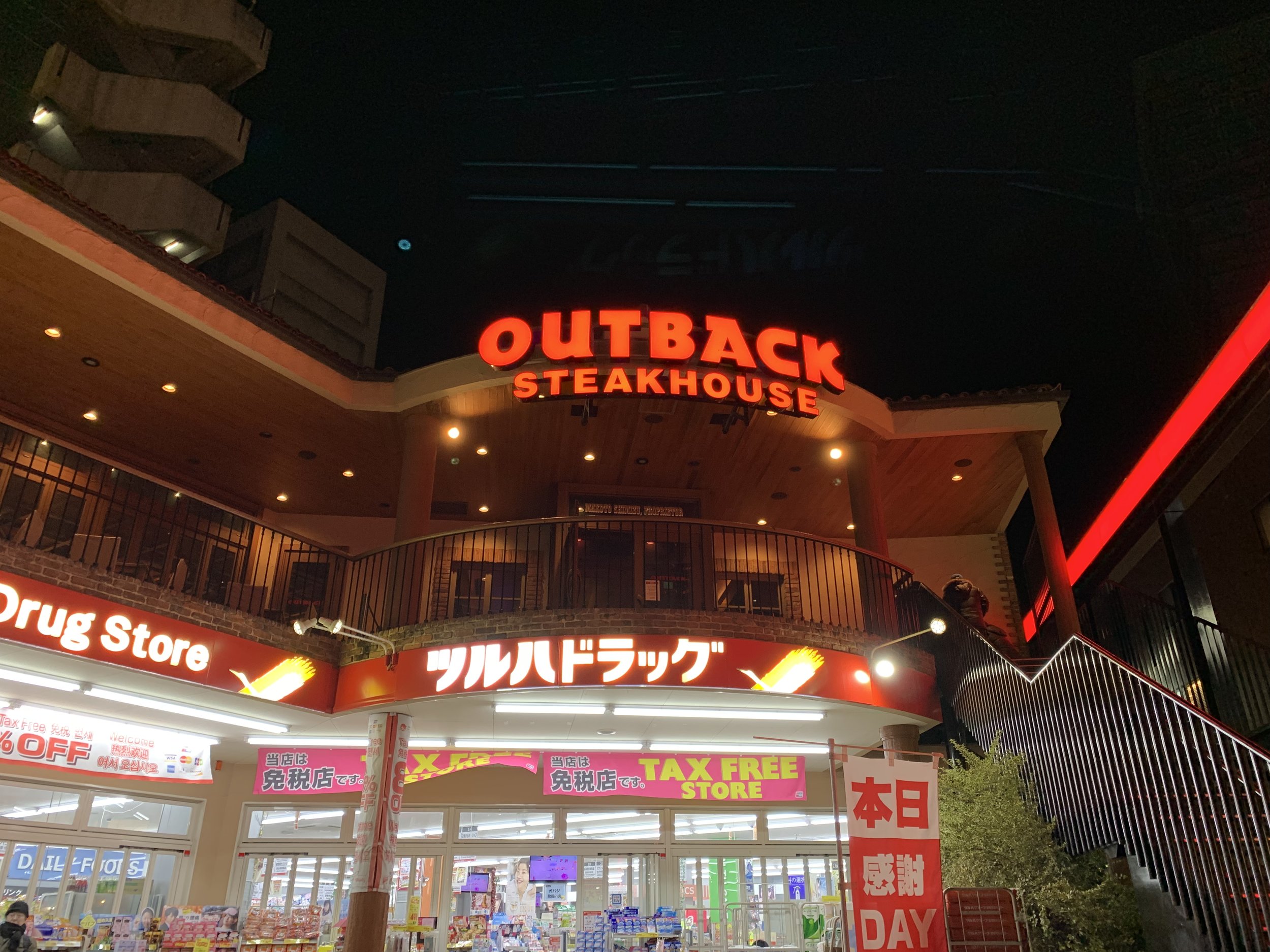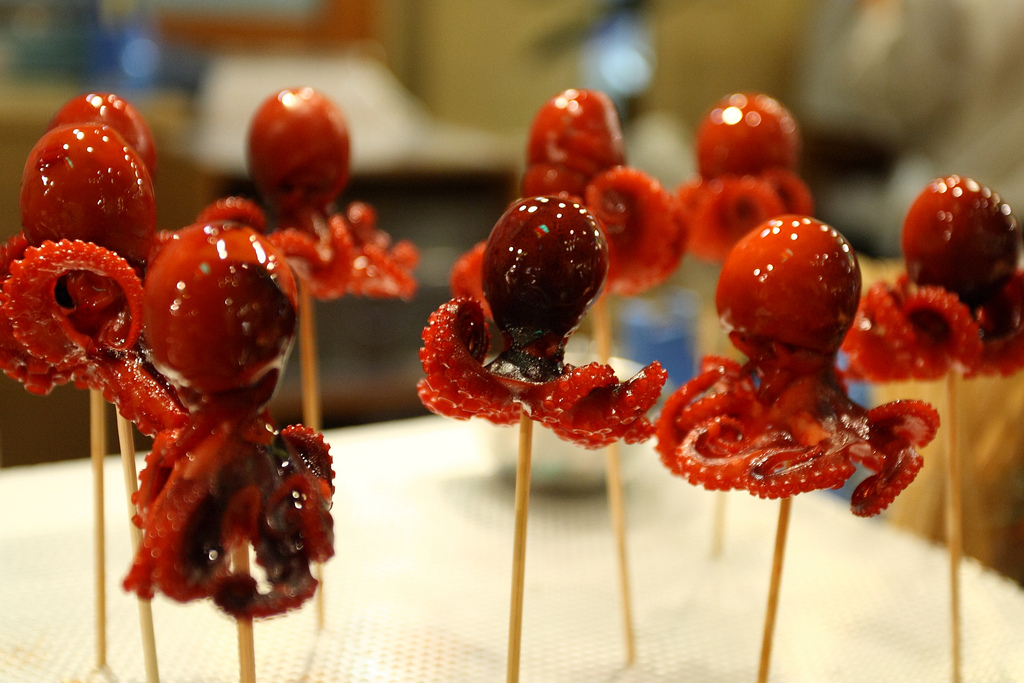Work with Green Purse during 2024 to better understand environmentally-conscious consumers and how fashion companies can best communicate their journey into doing better by the planet
The Science of Shopping: Deciphering Consumer Behavior in Fashion
Unveiling the Shopping Mindset: A Deep Dive into Grocery Purchases
Becoming a Consumer-Led Company Starts with Understanding Your Consumers
I've Missed You Australia
I’ve Missed You Australia
It was so nice to be back in Australia during July! Being previously based in Sydney, many of Green Purse’s clients are in Australia and it's a place I absolutely love! It’s been years since I was last in Australia due to the pandemic days, so this recent visit felt even more special. This trip was for my client, Land to Market, to support their expansion into the Australian market.
Below are some photos showing a visual recap of my recent trip. Some highlights include farm visits — meeting Aussie graziers and farmers that are working to improve environmental health through regenerative agriculture. We also met with companies looking to source materials (like meat, leather, wool, etc) and Land to Market verified regenerative products from the Land to Market member base. In addition to work, I managed to make time for spotting some pretty views and lots of delicious food & drink.
The Australian market continues to be a major focus for myself and Green Purse PR. We work with many of Australia’s leaders in agriculture, red meat, wine and honey. Australia has a lot to offer the world in terms of natural and organic products. I'm keen to help Australian companies be successful in the American market by helping them better understand the market and their consumers. Learn more about our experience with other leading Australian companies (like Meat & Livestock Australia) and research capabilities here and contact me if you're keen to learn more.
- Lisa Mabe, CEO of Green Purse PR
Curious to know what American women think about products from Australia?
Watch this video Green Purse produced, featuring our shop-along research.
Understanding Your Consumers Post-Pandemic
Planning for What's Next -- Understanding American Consumers Post Vaccine
American Consumers Behavior Changing Post Lockdown & Vaccine
Getting Ready for Summer -- Understanding American Consumers Post Lockdown
Make Faster, Consumer-Centric Decisions in 2021
Coronavirus is Changing Everything | Those Who Know Their Consumers Best Positioned to Thrive
Coronavirus is Changing Everything
Those Who Know Their Consumers Best Positioned to Thrive
Now that we are in the pandemic times, consumer behavior has dramatically changed from what it was just a few months ago. Answer this — how are your target consumers learning about your brand and products now? How are consumers shopping for your products? How are they using your products in their home? All of these areas of consumer behavior have changed and are still evolving.
Photo source: Getty Images
Shoppers are now much more intentional about what they plan to buy.
Many of the folks I've interviewed so far, since the COVID-19 lockdown, (see our recent shopper research looking ahead to Summer) are what I call "mission shoppers" - consumers who are looking to get what's on their list and get out ASAP.
Since the pandemic started, I’ve had several clients and new clients hire us to conduct virtual research for them as they seek to keep a constant pulse on how their consumers think, behave and buy during these changing times. Our clients are testing marketing concepts, everything from TV spots to social media posts, and how to announce things like new product launches, all to ensure the messaging and imagery resonates, and is not perceived as inappropriate for the times.
Food & grocery, beverages (alcohol & non-alcoholic,) household products (like disinfectants and cleaning products,) and children’s products (educational, food & entertainment) have been the categories we’ve conducted the most research for recently.
As you may know, we most often focus on in-person, qualitative research, in the form of shop-alongs inside stores or inside consumers’ homes. For the foreseeable future, all of our shopper interviews will be conducted virtually.
Conducting Consumer Research to Better Adapt to Evolving Needs & Expectations
During difficult economic times, we often see the bigger, better-known brands perform the best. While there are certainly many factors that play into why that is, one of them is certainly research. The likes of Procter & Gamble, Kimberly-Clark, Reckitt Benckiser Group, Johnson & Johnson, The Clorox Company and The Coca-Cola Company are constantly keeping a pulse on how their target consumers are learning about, shopping for and using their products. Knowing your consumer, not just guessing, is always important, but now more than ever. If you want to survive, or better than that, thrive, during this new age, you better be a few steps ahead. In order to do that, you must know what your consumer is thinking and doing now so you can adapt and best serve their needs.
Contact us to stop the guessing game and get real insights about your consumers that you can start putting into practice now. We can leverage our own panel of consumers, recruit your consumers or help you build your own consumer panel.
Product Photography to Fuel Your Social Media Program
Panic Shopping as State of Emergency is Declared for USA
Shoppers Panic Shop — Hoarding Supplies in “Coronavirus Grocery Hauls”
Today was probably the peak of America’s panic shopping for supplies before we all prepare to stay home for at least a couple weeks. Only just earlier this month, March, we went from people casually beginning to stock up on things like medical masks, gloves, soap and hand sanitizer, to now the last big shop for a while.
Americans are now in full on panic shopping mode.
Shopper Behavioral Changes in the Wake of Coronavirus Threat
Shopper Behavioral Changes in the Wake of Coronavirus Threat
Shoppers in Preparation Mode — Hoarding Supplies in “Coronavirus Grocery Hauls”
If you’ve been to a grocery store, pharmacy or big box retailer lately, you’ve likely seen several empty shelves like these and felt the almost panicky vibe from other shoppers as they search for sold-out supplies, like medical masks and hand sanitizer.
While full on panic has not broken out (at least not yet,) many American shoppers are doing what I call “Coronavirus grocery hauls,” stocking up on non-perishable food and drinks, household necessities (like toilet paper, paper towels, diapers, etc) and taking great effort to obtain medical and healthy living products, like medical masks, hand sanitizer, wet wipes, and other disinfectant products. Most shoppers are in preparation mode, ensuring they have enough supplies for around two weeks or longer, in case going out to the grocery store later is not possible or wise.
Americans are not new to panic shopping; we’ve hoarded up before, for things like Y2K and H1N1.
To keep a constant pulse on what America’s health-conscious consumers are thinking, I’ve conducted what I call “intercept” shopper interviews with random people in grocery stores and big box retailers. I’ve also consulted Green Purse PR’s proprietary panel of Millennial moms asking about their purchase behavior recently. Below are some direct quotes from some of the consumers I interviewed or sought feedback from.
What shoppers tell us about their Coronavirus shops:
“This is so weird for me; I typically do a grocery shop every other day, not keeping much at home. I also mostly buy fresh foods, so food in a box or can, is a bit out of my comfort zone.”
“I’ve got A LOT of these power, protein and granola bars. They are very filling and can be a whole meal if you need it to be.”
“Call me crazy, but I’ve already done a big grocery shop for non-perishable supplies. I had two grocery carts full the other day, spent almost $500. The only thing I can’t find yet is masks.”
“Beef jerky (lots of beef jerky,) soup in cans, dried or canned beans, pasta, cereal, water. I’m good to go.”
“I have a few disposable masks leftover from a trip to Japan over a year ago, but I really want a reusable and washable mask. I’ve found a few I liked the looks of, from Sweden and also New Zealand, but they are all sold out online.”
“Look at this aisle; crazy, it looks like we’re all preparing for Armageddon in here!”
“I’m ready! I stocked up on supplies about two weeks ago. I’m prepared to keep my kids home out of school if we need to. We’ve got plenty of food and water, gloves and goggles, but what we’re still waiting on are masks. I’m currently on a waiting list on Amazon to get emailed as soon as they are available again.”
“I’m super scared! I’ve got what I need in terms of food now, but I don’t have any masks to protect myself and I cannot find them anywhere. I’ve been to all the drug stores, Target, all the grocery stores around and nothing.”
“I guess I’m going to just have to make my own mask. I’ve looked in stores, I’ve look online, I’ve even looked on Etsy.com for handmade ones - nothing. I suppose I can always just wrap a scarf around my face and wear my sunglasses.”
“I’m not that worried. I’m not going to stop living my life; I also only have myself to worry about, which probably helps. I’m just using good common sense, stocking up on some essentials, some canned foods and what not, and trying to avoid people as much as possible. I’m not eating out if I can help it, I’m not shaking hands or hugging people.”
“If I can just get my hands on some face masks, I’ll feel a lot better.”
“I see nearly all the water is gone, and I’m not sure why they are all buying so much water. I mean I guess I’ll get some too, just in case, but we’re not going to lose water access are we?”
“I just did a massive shop the other day; loaded up on pantry items and I ordered all our household supplies on Amazon. We’ve got enough for weeks if we have to stay home.”
“Well thank God I can avoid going out in public and can order everything online now. What would we do without Amazon Prime?”
“Honestly, I’m more worried about the financial impact of COVID-19. I’m not old, and I’m healthy. If I get it, I get it, but I’ll be fine; I just don’t want the economy to go to crap.”
“I’ve not been able to find masks or hand sanitizer; I need all that still, but luckily I had my parents find some where they are and they are mailing it to me this week.”
“With Spring Break about to come up, we’ve had to cancel big travel plans for our family. We were planning to go on a cruise, but definitely not doing that now. I’ve got our pantry stocked full, so we’ll be fine.”
Empty shelves for hand sanitizer.
Stocking up on pantry staples.
Have a look at these graphs below from Nielsen Retail Measurement Services, tracking the recent growth in spending for products like medical and wellness supplies, and pantry staples.
Source: Nielsen www.nielsen.com/us/en/insights/article/2020/nielsen-investigation-pandemic-pantries-pressure-supply-chain-amidst-covid-19-fears
Consider the shopper quotes and data above to understand how your target consumers is buying right now and how your company can best address their needs. When consumers are on the verge of panic, ask yourself how your brand can help alleviate their worries.
Stay safe out there!
- Lisa Mabe-Konstantopoulos, Founder & CEO, Green Purse PR
New Report Uncovers American Foodies Are Hungry for 'Foreign Foods'
#GETINHERCART’S EXPERT Q&A SERIES | Insight into the American Market from Leading Beef Exporter in Australia, Dalene Wray of OBE Organic
#GETINHERCART’S EXPERT Q&A SERIES | Insight into the American Market from Leading Beef Exporter in Australia, Dalene Wray of OBE Organic
As part of our new #GetInHerCart Expert Q&A blog series, we are talking to some of our favorite industry experts around the world who share our curiosity for how consumers shop for natural products and what makes brands succeed in reaching them.
We recently had a chat to Dalene Wray, Managing Director of OBE Organic in Australia with offices in Brisbane and supplying grocery retailers around the world with their certified organic, grass fed and halal beef. If you work in Australia’s red meat industry, organic food industry or have ever been to Birdsville, you likely know or have heard of Dalene.
Not only does Dalene run Australia’s oldest producer of certified organic beef, she’s also a thought leader in all things beef, organic food, and sustainable agriculture. I’ve known Dalene since 2013 (when I had first moved to Sydney) and was one of my first clients in Australia and the first of my long string of meat industry clients. I was drawn to OBE given their forward-thinking around meeting the growing need of the halal food market around the world, a category I’ve heavily focused on here at Green Purse PR for nearly a decade now.
Having worked very closely with the OBE Organic team, I’ve seen first hand how Dalene works to build and grow OBE Organic’s business, but also contributes to making the entire Aussie beef and organic food industries of Australia better. If you follow Dalene on LinkedIn or Twitter, you’ll see her frequently sharing her knowledge at industry events around the globe and leading various working groups to support export growth, identifying ways to help beef producers flourish and championing diversity within agriculture, including reconciliation for Australian Aboriginal and Indigenous communities.
Continue reading below for our recent Q&A interview with Dalene, and thanks for reading our blog, #GetInHerCart.
— Lisa Mabe-Konstantopoulos, Founder & CEO, Green Purse PR
Dalene Wray, Managing Director of OBE Organic
Q. Given our work together, I know OBE Organic is unique in that is has built success in a variety of markets – from domestically there in Australia, to internationally in places like the USA, Canada, United Arab Emirates and Japan. When it comes to the American market, what do you consider your best asset as a brand?
A. “We’re successful in America because we’re consistent. We can provide certified organic, grass fed beef 52 weeks per year, 365 days; you can’t get that in the USA.” Dalene sees OBE’s offering as a compliment to American sourced beef products. She and her sales team focus on understanding the challenges or problems their target customers (grocery retailers) have and try to provide the best solution. Dalene suggests exporters focus less on how great their product is, and focus more on understanding their customer’s needs.
A lot of the American retailers are very large and therefore would require huge quantities. Dalene recommends “researching the retail landscape and recognizing what ability you have to deliver.” Dalene recommends exporters ask themselves, “do you produce small volumes just a few times per year or have a consistent supply? Determine which retailers are the best fit for your size, and ultimately identify, does your product or program solve a problem that the retailer needs to fix?”
Q. Doing business from afar could be challenging. Is it necessary to have an American outpost in order to effectively serve your customers? How do you and the OBE Organic team maintain your client relationships from the other side of the world?
A. Dalene says no; having a US-based office is not necessary, at least in OBE’s case. For OBE, America is an established market; they have a greater need for staff in their more emerging markets across the world.
While they do not have staff located in America, they do frequently come visit with their customers in-market, and have consultants (like Green Purse PR) here to work with as needs arise. Dalene stressed the value of working with partners and vendors who are based in the USA and know the market best. She recommends “having a suite of consultants at your disposal in the American market.” Dalene also says that the smartphone app, WhatsApp, (in addition to phone calls and emails) is a helpful way to stay in touch with customers on a regular basis.
Q. What types of partnerships, vendors or service providers might an exporter need to find in order to be most effective in the USA?
A. Dalene says having a logistics provider to clear your product through customs (U.S. Customs and Border Protection,) as well as an organization to help you manage currency risk (currency hedging) are some must-haves. OBE prefers to sell direct to customers (the retailer, instead of through a distributor,) and Dalene warns, of bringing over too much product to satisfy customers. “I don’t like to have storage; storing product somewhere means more insurance and cash flow challenges. Instead of renting storage space, I would rather airfreight product if I had to.” Instead, she recommends exporters start small with their orders, working to build volumes and relationships over time.
Q. Are there any specific niches within meat sold at grocery retail where brands can further innovate and shine?
A. “Deliver for the meat buyer. That means on time deliveries, open and transparent communication about any glitches in the supply chain. It also means letting them be the first to know of any problems in the supply chain. Get your customer the right product at the right time, working to know their business so well that you can almost predict and preempt issues.” Dalene says this comes by working super closely with the buyer — understanding their own KPIs, volume, and any ad or promotional programs their category participates in. Dalene warns that “buyers are always being courted by competitors,” but recommends being “so reliable that there is no reason why they would replace you.” In addition to providing outstanding organic, grass fed beef year round, OBE Organic has found that its focus on sustainability and animal welfare often give them an upper hand when pitching their organic beef program to prospects.
Q. When you’re pitching a new grocery retail customer, which product attributes or third party certifications are they telling you are most important for their shoppers?
A. They are looking for grass fed, and USDA organic. Dalene also notes that retailers are asking about regenerative agriculture and animal welfare.
Q. How important is it to understand the end user, the shopper, when pitching a new grocery retail account? How does OBE Organic get to know, or study, those shoppers?
A. Dalene says, “we need to know how to engage with the consumers on campaigns. Every country is different and every retailer is different.” OBE Organic relies on Green Purse PR for market and consumer insights globally, studying how consumers, like Millennial moms in the USA and UAE, shop for beef. Dalene says shop-along studies help the brand to understand things like the best type of content (like imagery and messaging) to communicate to their various consumer audiences. Insights learned through qualitative research also helps the brand keep a constant pulse on consumer behavior so it can best support its’ retail customers from a marketing perspective.
OBE Organic beef at Jimbo’s Naturally in California
Q. What kind of reputation do you believe Australia has here in the USA, amongst both retailers and end users?
A. Dalene believes Australian products enjoy a good reputation in the USA. Regardless if someone in America has been to Australia or not, they likely have a positive view of the country.
Q. Do you consider America a good market to do business in?
A. “Yes. America has a stable currency — a currency you can trust. It’s a sophisticated market with lots of retailers to choose from, sophisticated logistics and well-educated consumers. Australia also has very good tariff arrangements with the USA, which make it a very attractive market to do business in.”
Q. Without giving away your secret recipe of success in the USA, what are some of the things about OBE Organic that help position it for success in America?
A. “We’re authentic, farmer-owned, conduct our business with integrity, we’re very transparent, which our customers appreciate. We’re experienced in long lead times from the other side of the world, we can deliver 52 weeks of the year (most producers cannot) and we visit our key export markets frequently.”
Q. Given that I’m always studying the products that get into women’s trolleys (shopping carts) around the world, can you share some of the products that typically end up in your trolley?
A. “My family and I try to keep a ‘clean food’ diet — organic foods with clean ingredients and not processed. My shopping trolley often includes, organic eggs, organic beef, free range chooks (chicken,) non homogenized milk, organic flour, organic carrots. No sodas or fruit drinks; I’m the type of shopper who reads the ingredients labels.”
For those in the USA, look for OBE Organic beef in retailers like Fairway Market, Bristol Farms and Jimbo’s Naturally. And for more industry thought leadership from Dalene, follow her on Twitter at @dalwray and connect with her on LinkedIn at linkedin.com/in/dalwray.
Webinar May 15th with the Specialty Food Association | Register for 'Understanding Millennial and Gen Z Shoppers'
Webinar May 15th with the Specialty Food Association | Register for 'Understanding Millennial and Gen Z Shoppers'
We’re excited to partner with the Specialty Food Association to bring the specialty food industry fresh insight into younger generations of shoppers.
Join Green Purse PR’s CEO, Lisa Mabe-Konstantopoulos, for an in-depth look at how Millennials and Gen Z shoppers are learning about, shopping for, using and sharing specialty food products.
Lisa will share some valuable insights from the qualitative research (shop-alongs) she’s recently conducted with Millennial and Gen Z shoppers, as well as examples of other makers who are successfully connecting with young shoppers. Come away with practical insights makers can use in their own specialty food businesses to better understand your shoppers and how best to communicate with them.
The webinar will address these questions and more:
How well do you know your younger consumers?
How can I find who my “tribe” or most passionate consumers are/will be?
How are other makers effectively reaching younger consumers?
What should I be doing now to better understand my company’s young shoppers?
Date: Wednesday, May 15, 2019
Time: 2:00pm EST (USA time)
Register on the Specialty Food Association’s website here → → → https://bit.ly/2J3GMIb.
What Amazon Prime Members Think About New Lower Prices at Whole Foods Market
Travel Notes from Japan | Market Observations from Grocery Retail
Travel Notes from Japan | Market Observations from Grocery Retail
I was just in Japan for two weeks. I went to conduct some shopper research for a client and while there, had a vacation with my husband and our friends as well. I traveled all over Tokyo, took a bullet train over to Kyoto, drove a car to Mount Fuji and then back to Tokyo. I loved getting to know Japan (and will definitely be back,) had some amazing foodie experiences and learned a lot about Japan’s grocery retail landscape and Japanese shoppers.
Have a look at my photos below to see some of the many observations I made while working and traveling around in Japan.
Firstly, Japan makes a wide variety of specialty foods, some of which looks like good candidates to make it in America. More on that in this separate blog post.
Much like the American market, you’ll find a wide variety of retail outlets ranging from convenience stores (Lawson’s or Family Mart are everywhere,) conventional supermarket chains, independent specialty shops, specialty food chains, and high end food halls and shops inside luxury department stores.
This was definitely my favorite specialty food store, Akomeya Tokyo TOKYO公式オンラインショップのページです。akomeya.jp.
Gorgeous specialty food section inside the high end department store, Kyoto BAL, www.bal-bldg.com/kyoto.
In the cities people are making multiple trips per week to the grocery store. Most pop in by foot or on bicycle. Riding bicycles is huge here. You’ll see moms on their bikes carrying around two children – one in the front and one in the back, leaving very little space to tote around a lot of groceries.
Coffee culture is alive and well here. So glad about that as I’m no fun to be around unless I’m properly caffeinated in the morning.
Found the cutest Aussie cafe, Bondi Cafe, across from Yoyogi Park in Tokyo. Check them out on your next visit to Tokyo: bondicafe.net/bondi-cafe-yoyogi-beach-park.
Specialty bread is also a big deal here. Definitely ate the most expensive bread I’ve ever had and yes it was worth it! Seriously though, how pretty is this bread store? It looks like a jewelry shop. Not limited to just the specialty, expensive types of bread, regular bread is popular too. On several occasions I saw people wrapped around a city block in line for fresh bread at a bakery. With a specialty product like the one you see below, this is more for a gifting occasion instead of a regular purchase, so I’m told by shoppers.
Apparently everyone leaves here very happy as evidenced by these folks.
Japanese love their beef. Everyone’s heard of Japan’s famous Wagyu and Kobe beef, both of which are delicious. I did some research on the meat category while there; look for another upcoming blog post soon just about the meat category in Japan.
Japanese shoppers enjoy a wide variety of meat cuts. Go to a butchery or open up a restaurant menu and you’ll see some cuts you may not be familiar with -- like beef tongue. Nice to see people willing to accept those “minority cuts of meat” so the entire carcass is used and nothing goes to waste.
Beef tongue — looks nice, right?
Presentation is taken very seriously here. In the higher end specialty shops you’ll see beautiful merchandising. Staff inside grocery stores seem to take great pride in their work (that’s a nice change!) and obsess over the details ensuring products look perfect on the shelves. While checking in on some of my clients products there, I was very happy to find them in perfect order.
And if you’re like me, and are attracted to pretty, minimal packaging, you’ll find a lot of products that catch your eye.
I took a close look at honey on supermarket shelves around Japan. I’ll have more on that for you in an upcoming blog post, so stay tuned here.
I observed some organic products, but not a lot. Most of the shoppers I conducted shop-alongs with were not having organic or chemical-free top of mind. That said, what was top of mind is food cleanliness, safety and country of origin.
The USA, France and Australia have done a good job of promoting products from their countries here as the Japanese have an affinity for products coming from these countries.
I see Outback Steakhouse has also made it to Japan. Japanese enjoy a taste of the Outback as well.
I observed some unique flavors as ingredients in products like soft drinks, chocolates — basically anything had a version that was matcha green tea, wasabi, peach or cherry blossom/sakura flavor.
I know it’s not organic, but I do enjoy a Coca-Cola every once in a while. Tried one of these and it was super sweet, but delicious. I could not finish it all, but definitely worth trying.
On the go eating is not common here as it’s considered impolite to eat while walking around or otherwise on the go. If you buy some takeaway food, it’s meant to be eaten near the vendor before going about your business. Despite that, supermarket shelves have a wide variety of interesting snack food.
Spotted some familiar products from back in the USA on supermarket shelves in Japan.
Does your brand want to launch into the Japanese market?
While in Japan, we took a deep dive into the grocery retail landscape and shopped-along with Japanese consumers, delivering valuable insights, feedback and recommendations for our client who we conducted research for.
Green Purse PR conducts shopper research all over the world and looks forward to doing more shopper research in Japan. Contact us if you’re interested in learning more about the Japanese market and consumers.
Or, are you from a Japanese company that wants to launch into the USA?
Good news — we’ll be back in Tokyo later this year and we’ll be bringing fresh insights from the American consumer market with us. I’m currently planning one of Green Purse PR’s Go To Market USA Workshops. These workshops are for exporters and focus on understanding the American consumer market to ensure export success. Each program is customized, but typically includes a half day or full day workshop covering topics such as: the American retail landscape, shopper insights, best practices in consumer marketing, competitive intelligence, resources and a brainstorming and Q&A session. Click here for more details on the Go To Market USA Workshops and contact us for details on the upcoming program happening later in 2019 in Tokyo.
- Lisa Mabe-Konstantopoulos, Founder, Green Purse PR
Exploring the Japanese Market | Upcoming Shopper Research During February 2019
Shopping Along With Japanese Women
Upcoming Shopper Research in Japan During February 2019
Green Purse PR is gearing up for our upcoming travels to Japan to explore what products #GetInHerCart. During the month of February 2019, our CEO, Lisa Mabe, will be working on an already commissioned research project to explore how health-conscious Japanese women shop for premium grocery products at grocery stores in Tokyo.
Our project will include:
Market & product category insights from several grocery store visits
Shopper insights from shop-alongs with Japanese consumers (along with a native Japanese speaking translator.)
Since we will already be in the market, we’re open to conducting more shopper research projects while there. If you’re keen to better understand the Japanese market, from a consumer insights and grocery retail landscape, contact us here.
We’re so looking forward to exploring the food and grocery scene in Japan!
MUJI global flagship store in Tokyo’s Yurakucho neighborhood. Source: DesignBoom.com
MUJI global flagship store in Tokyo’s Yurakucho neighborhood. Source: DesignBoom.com





